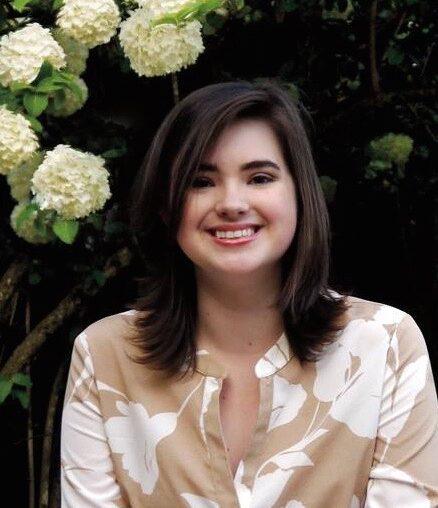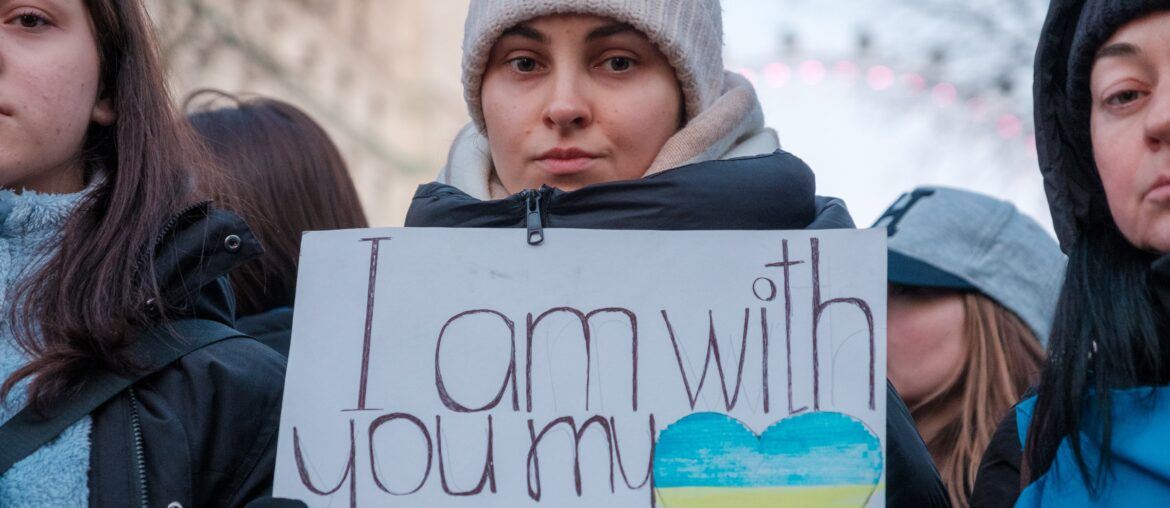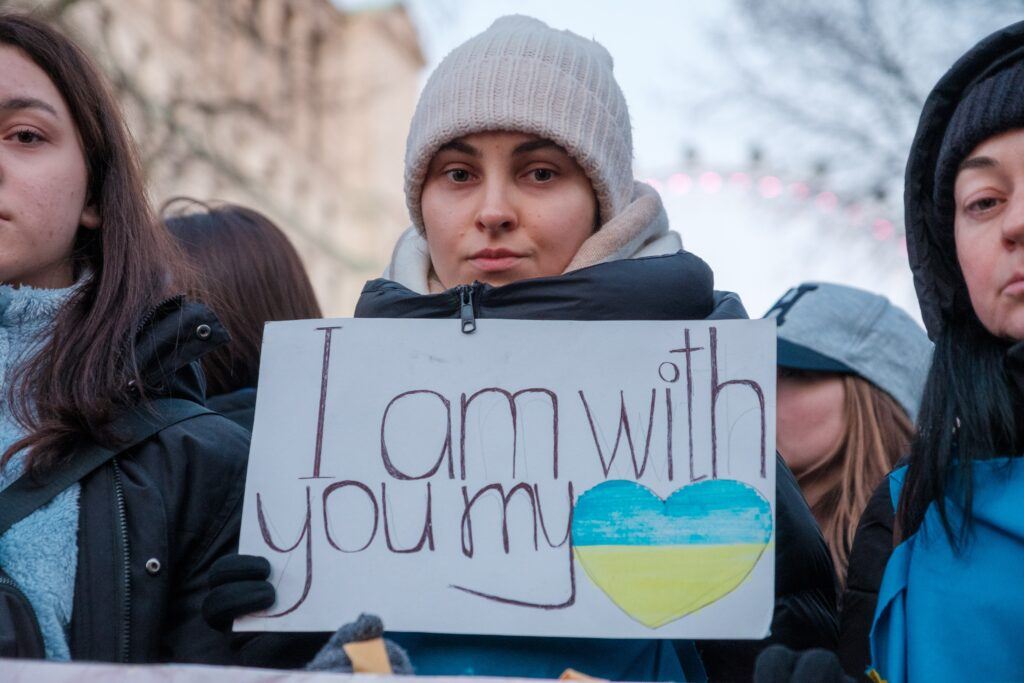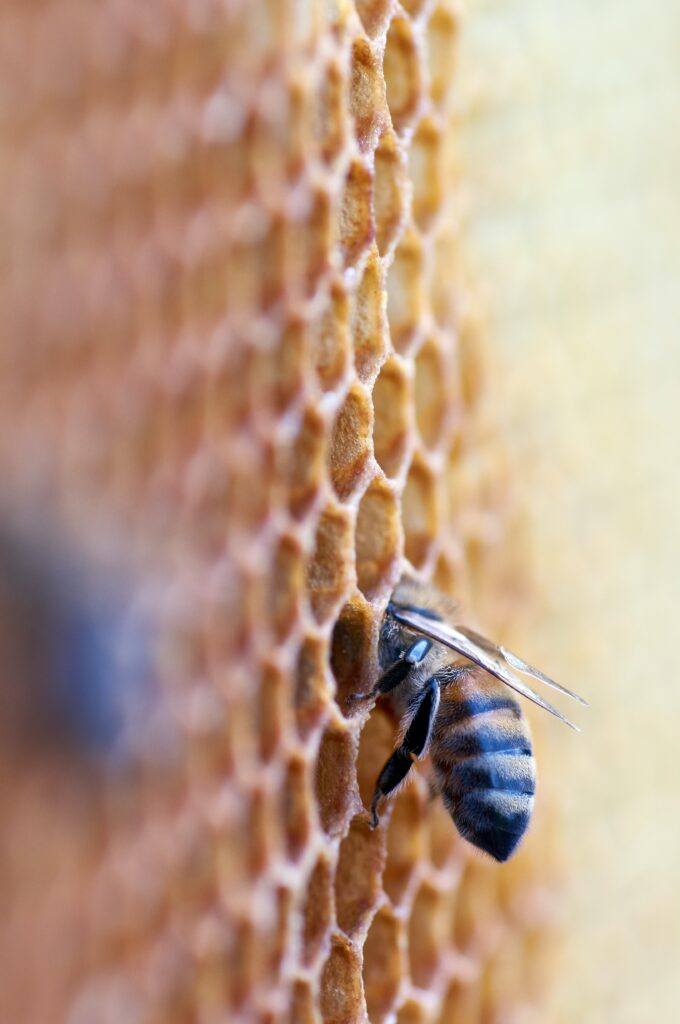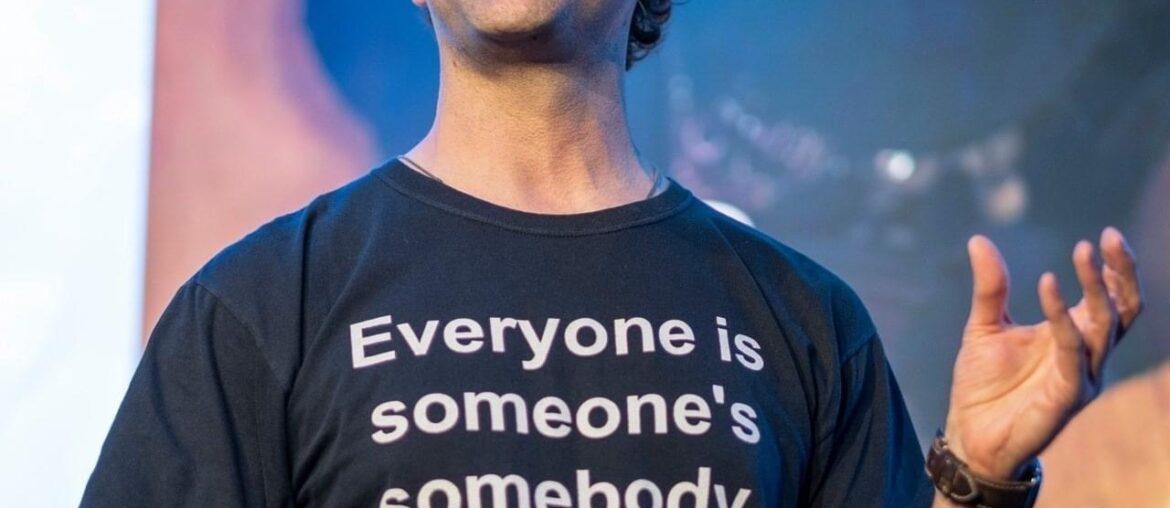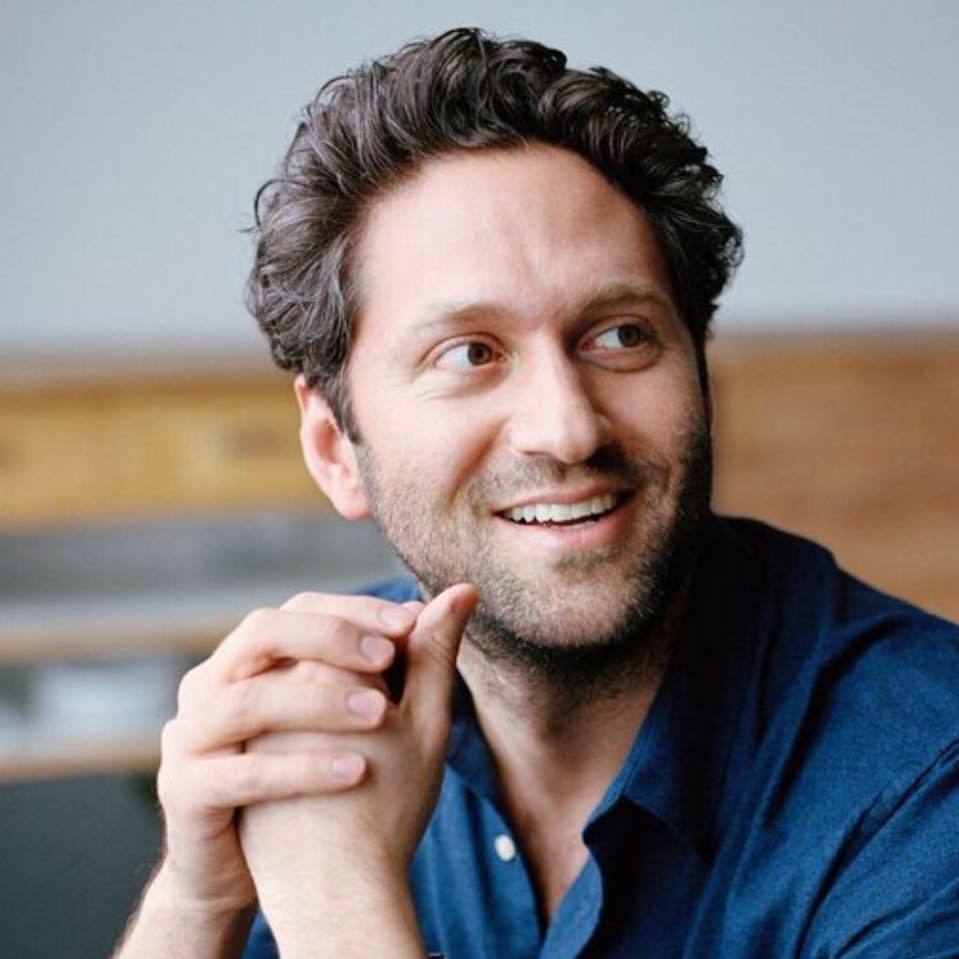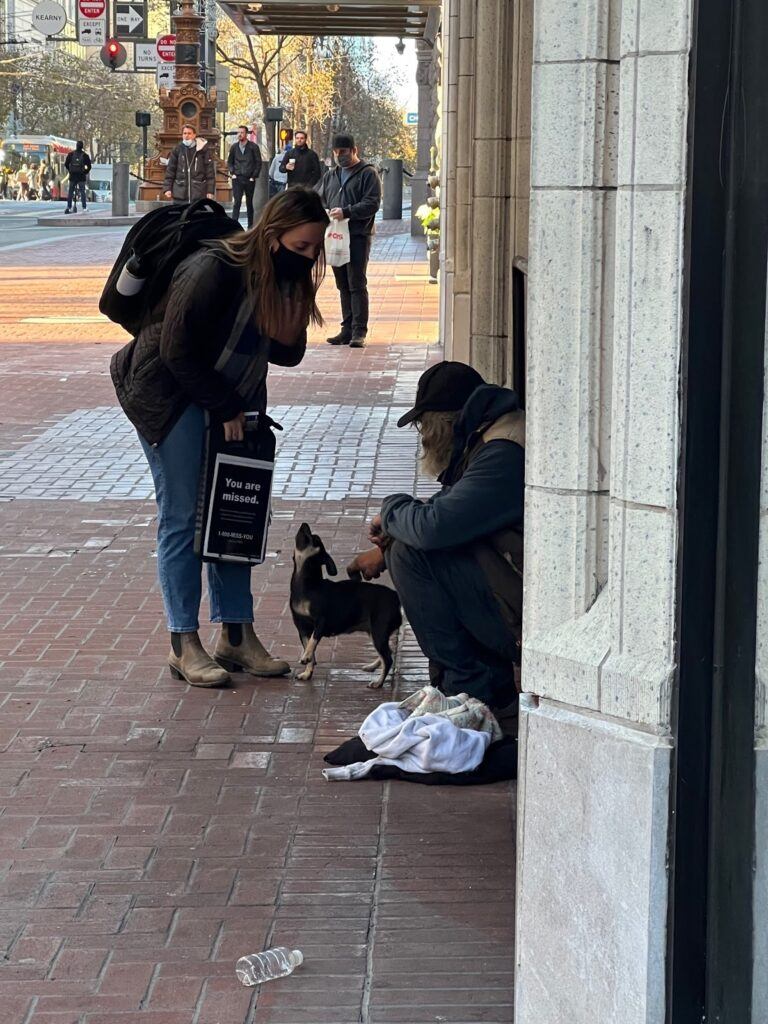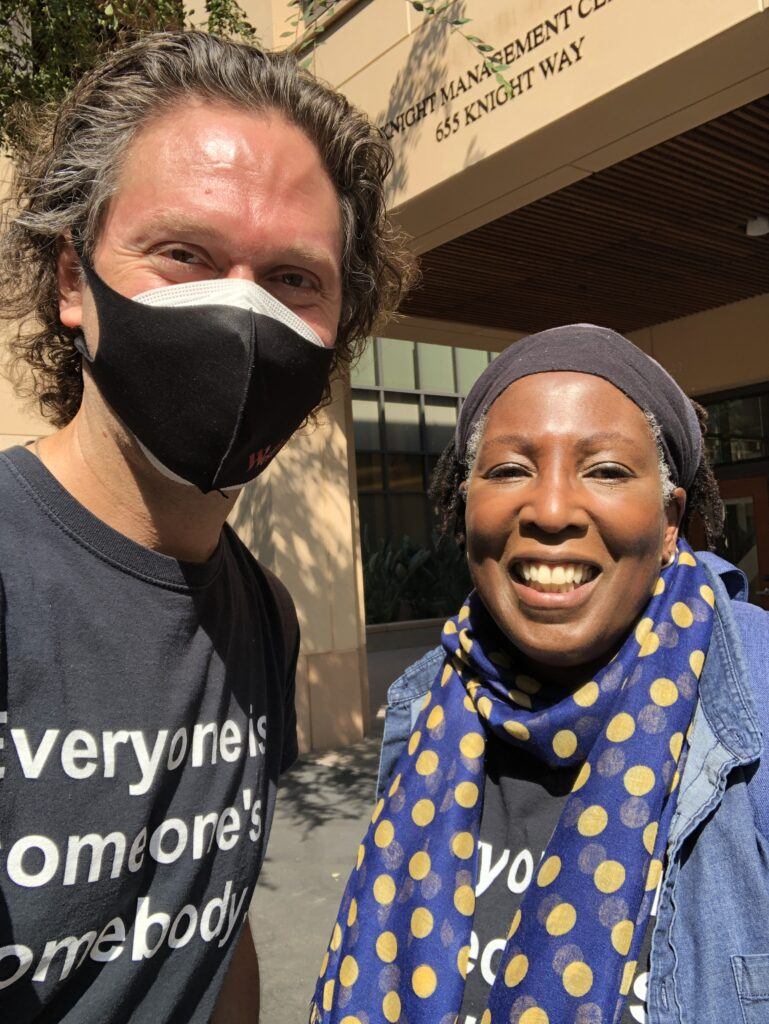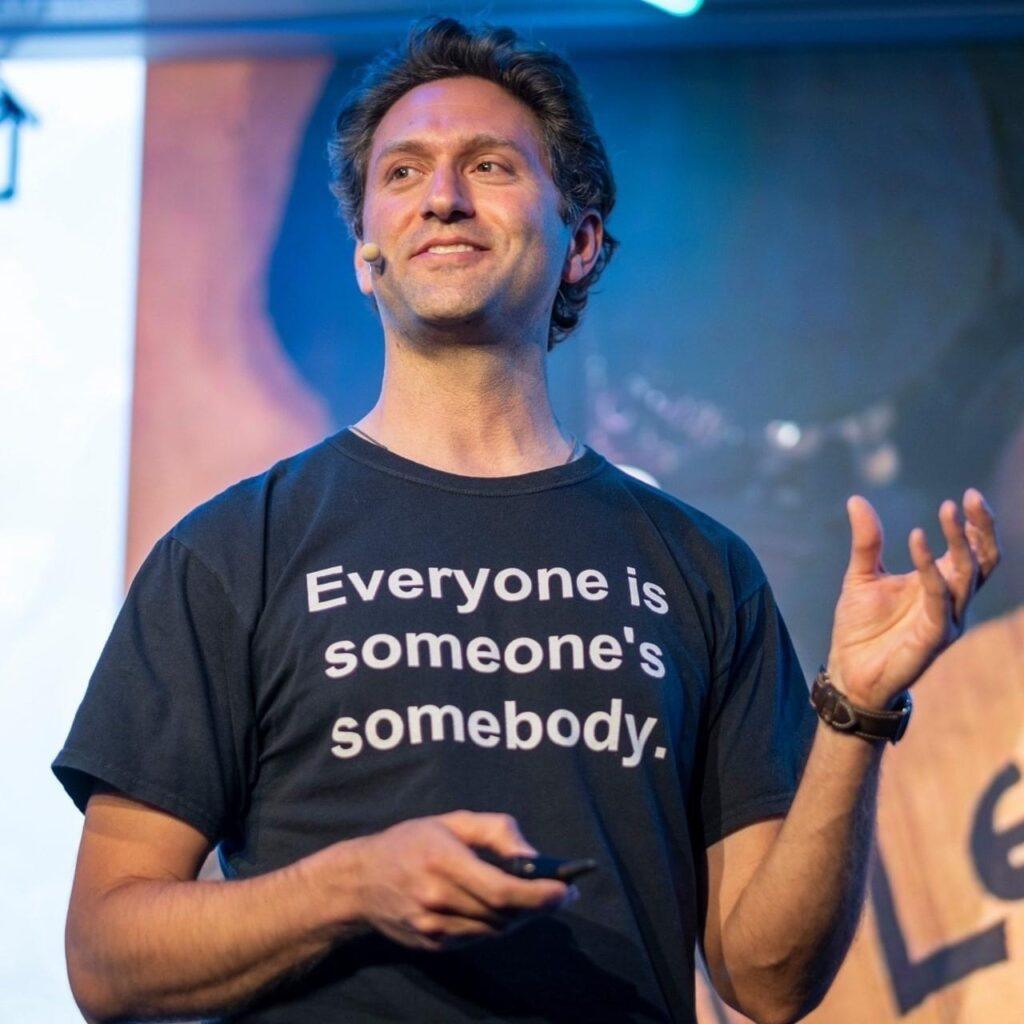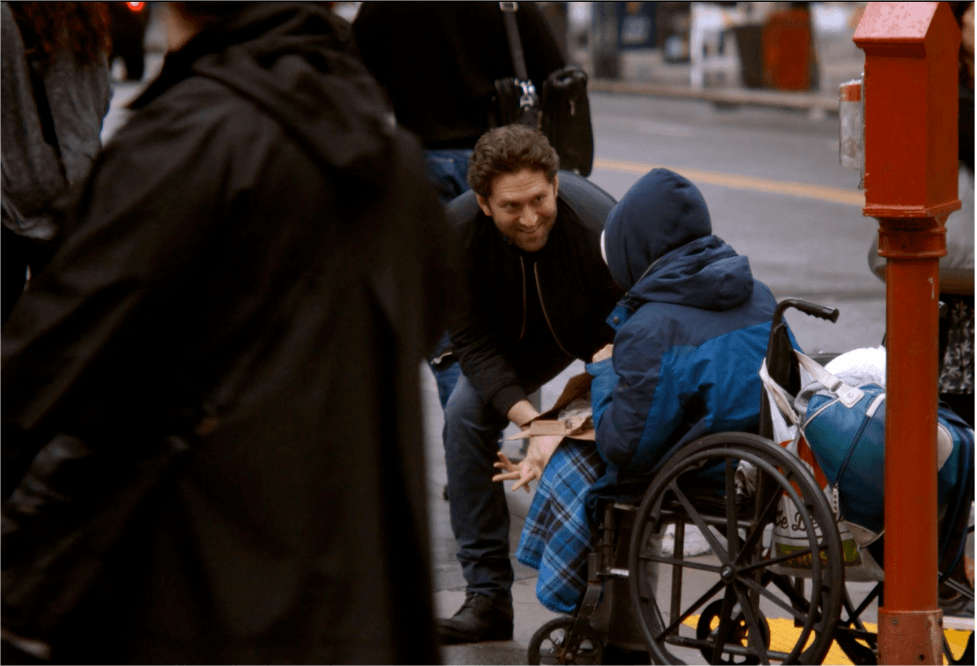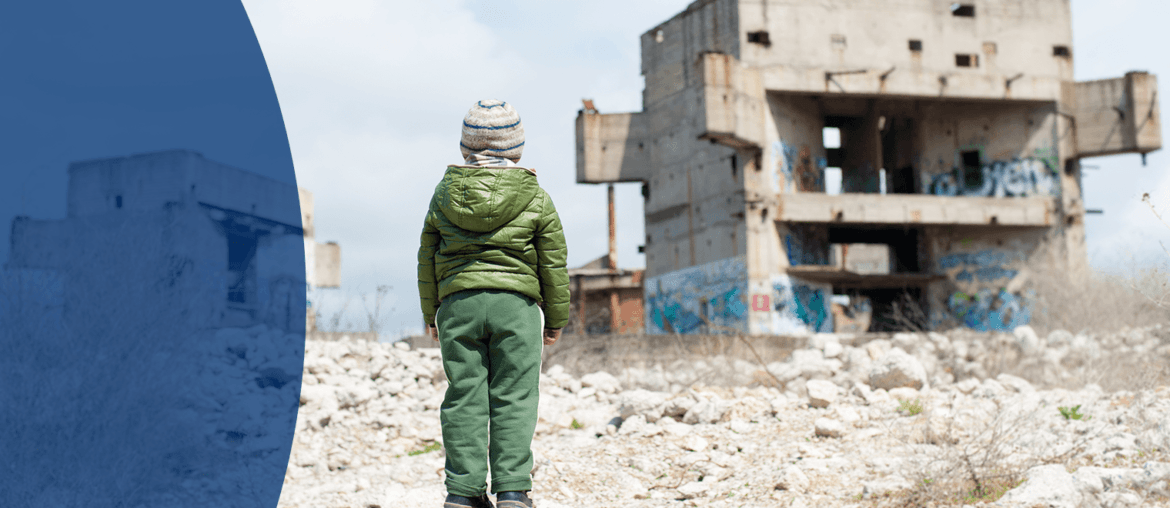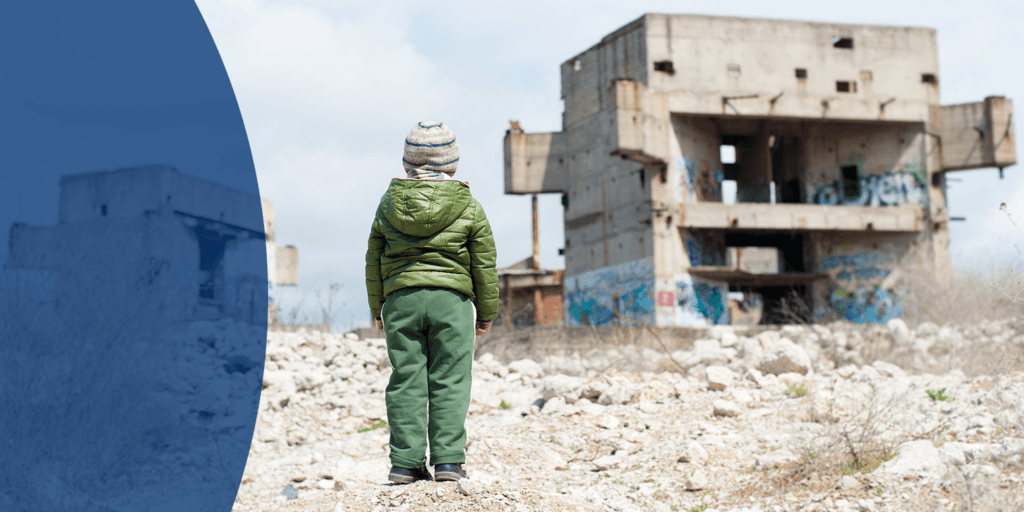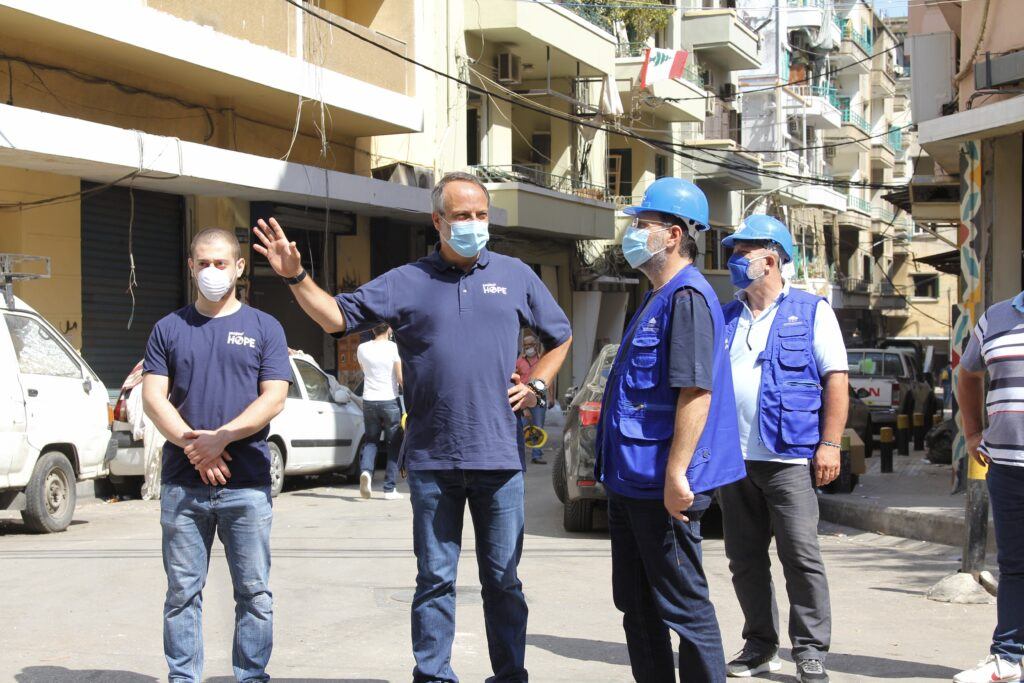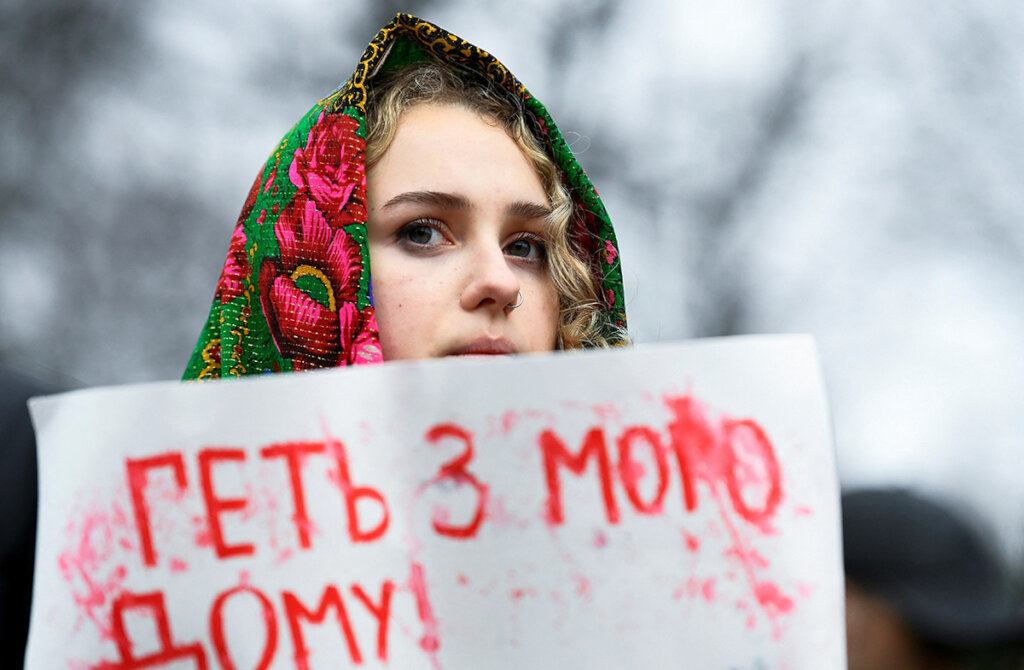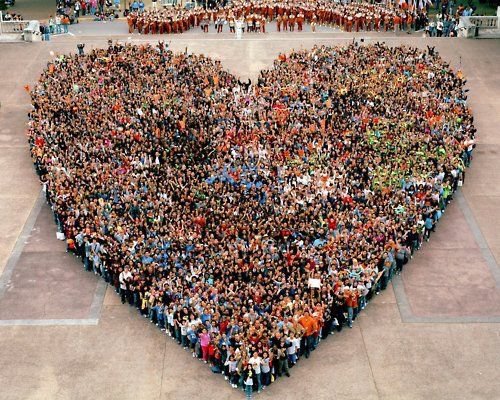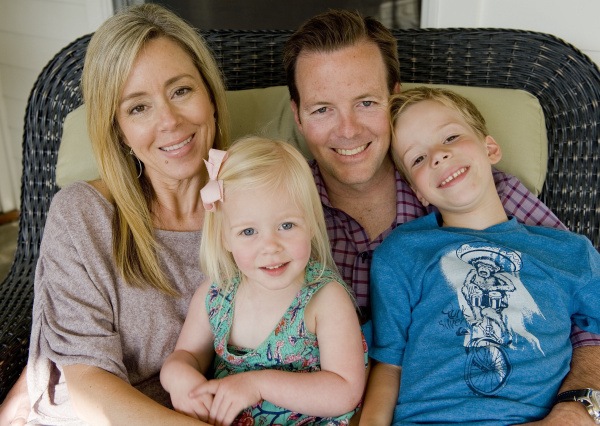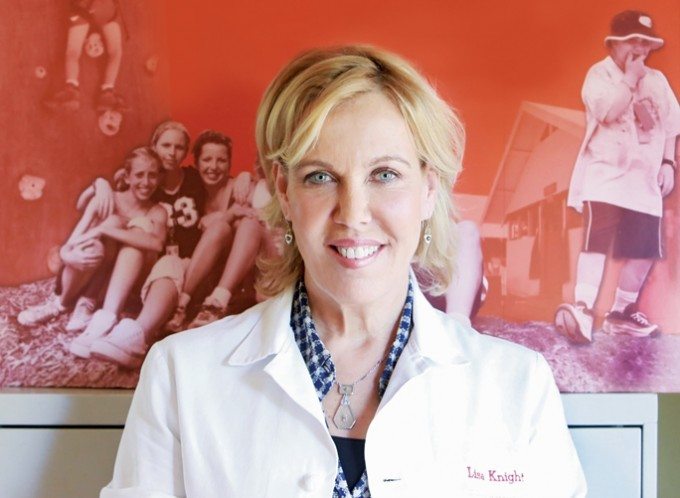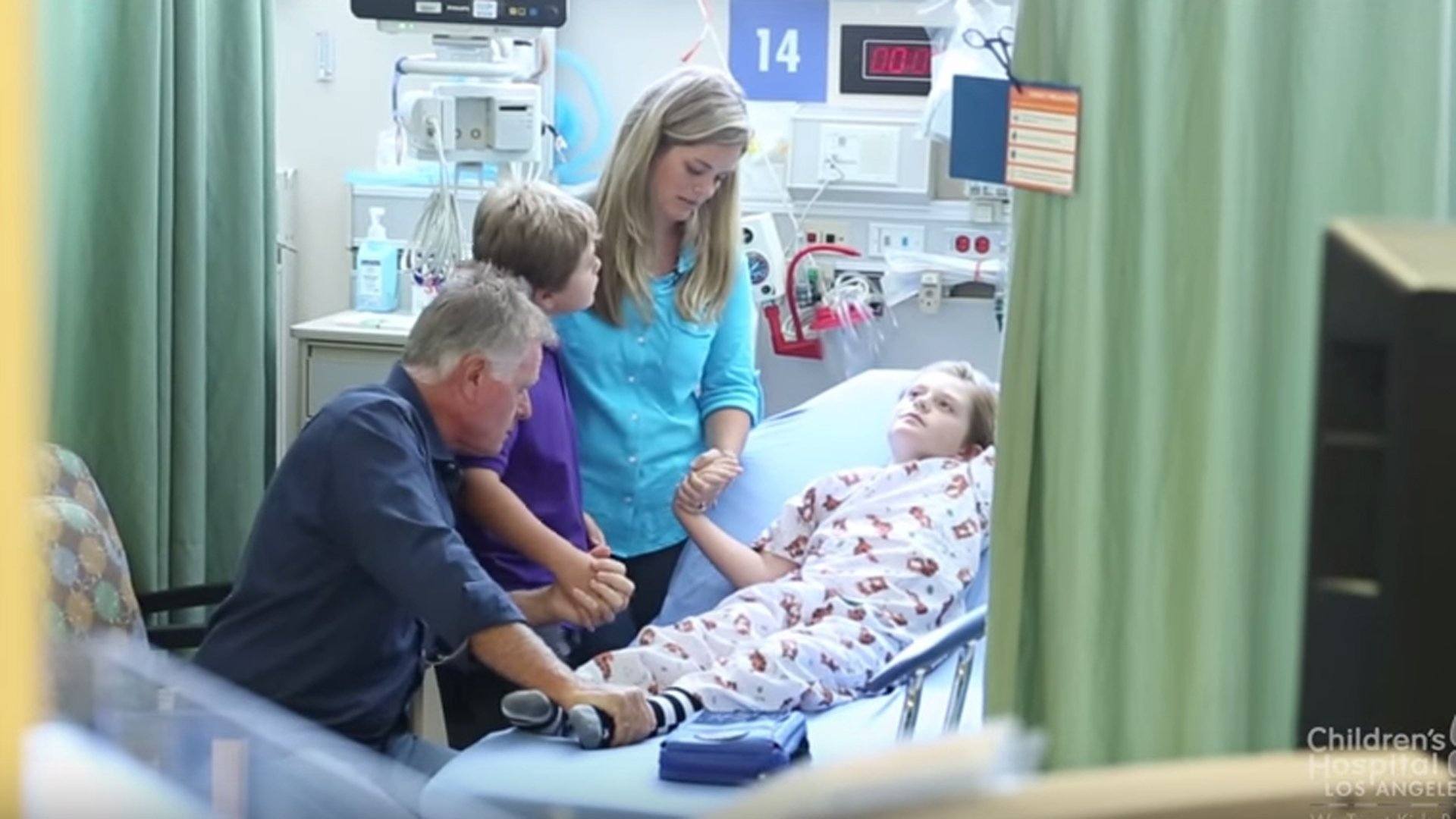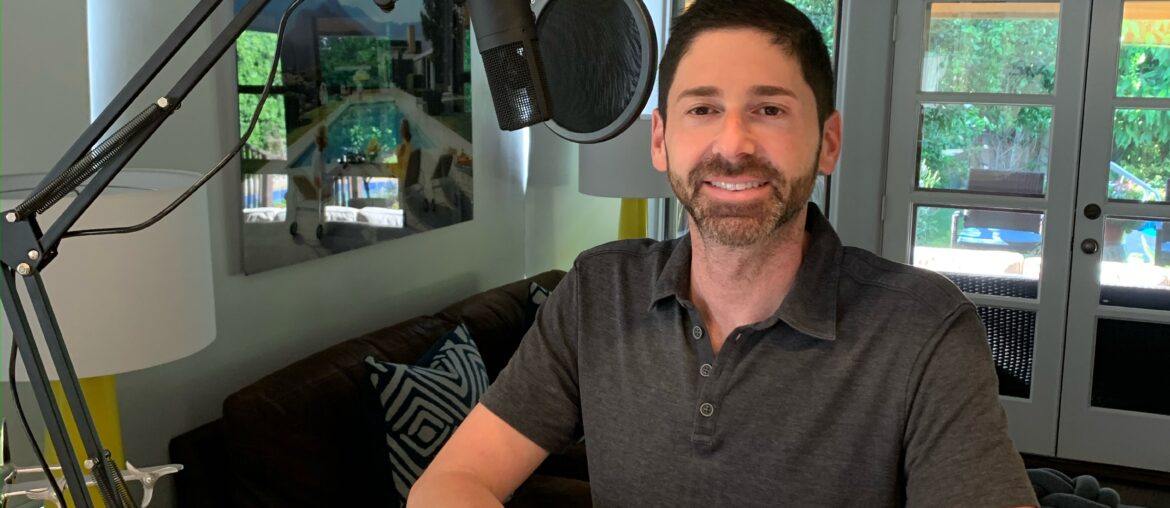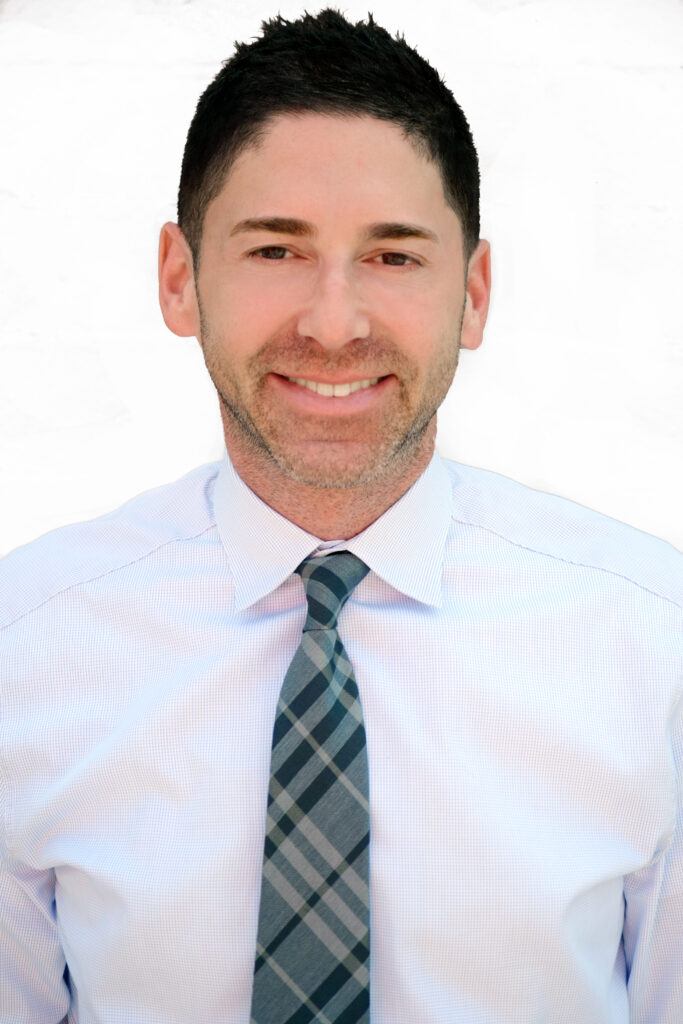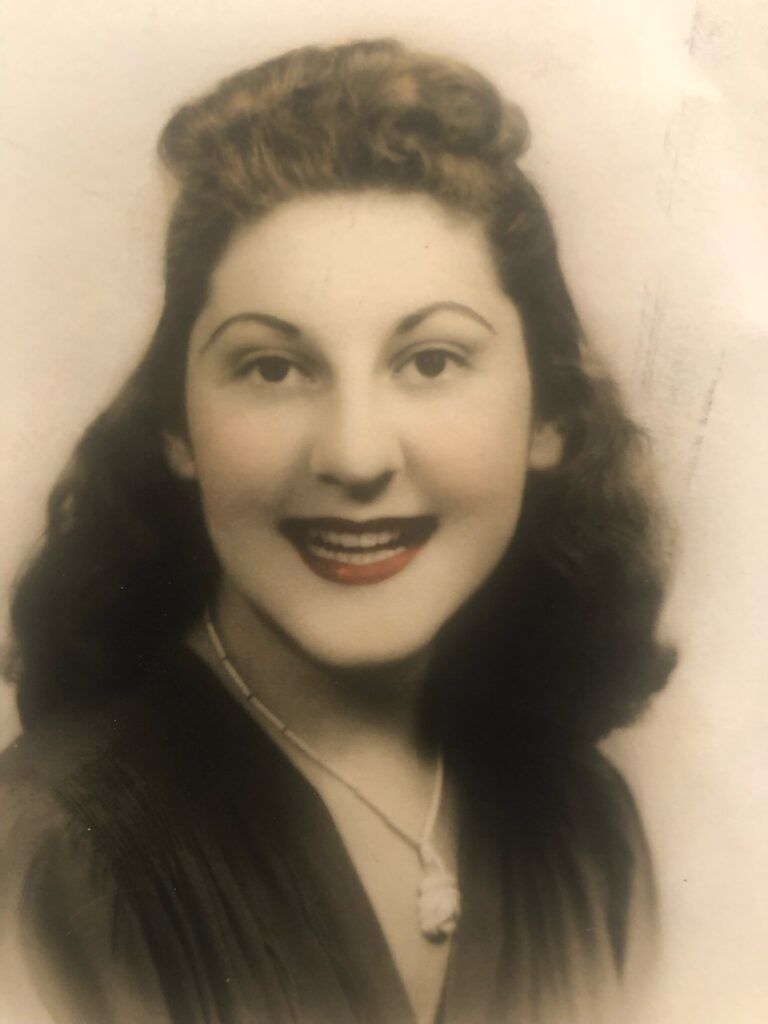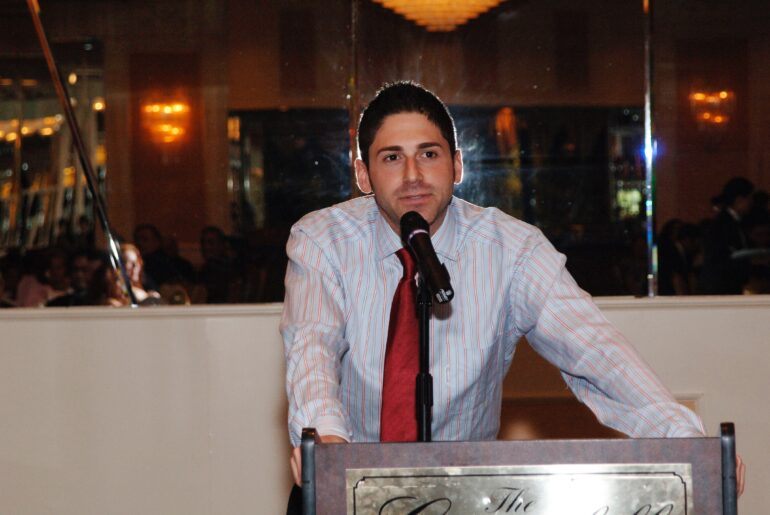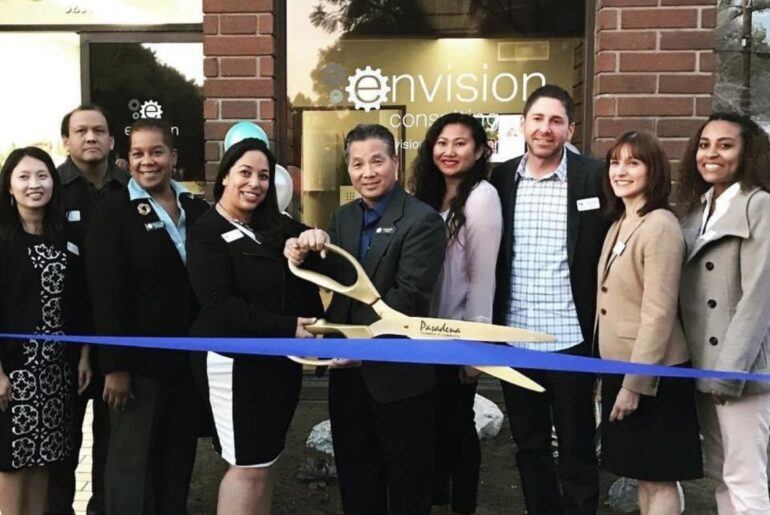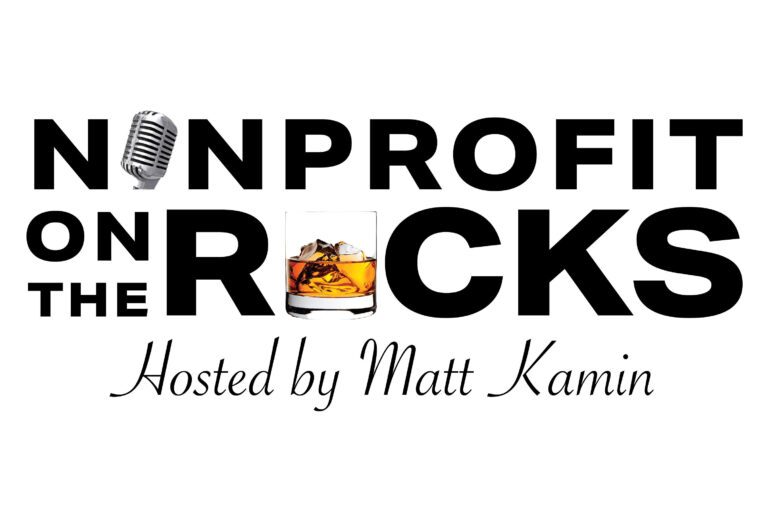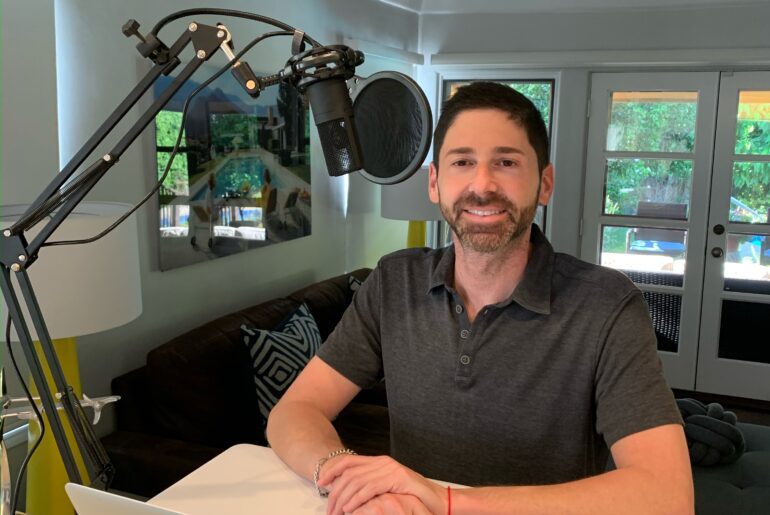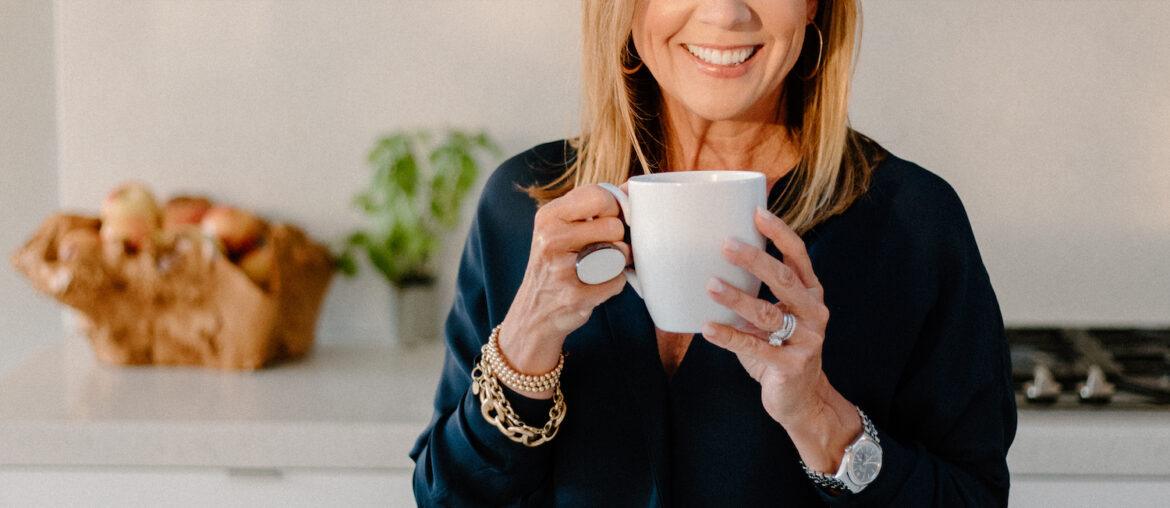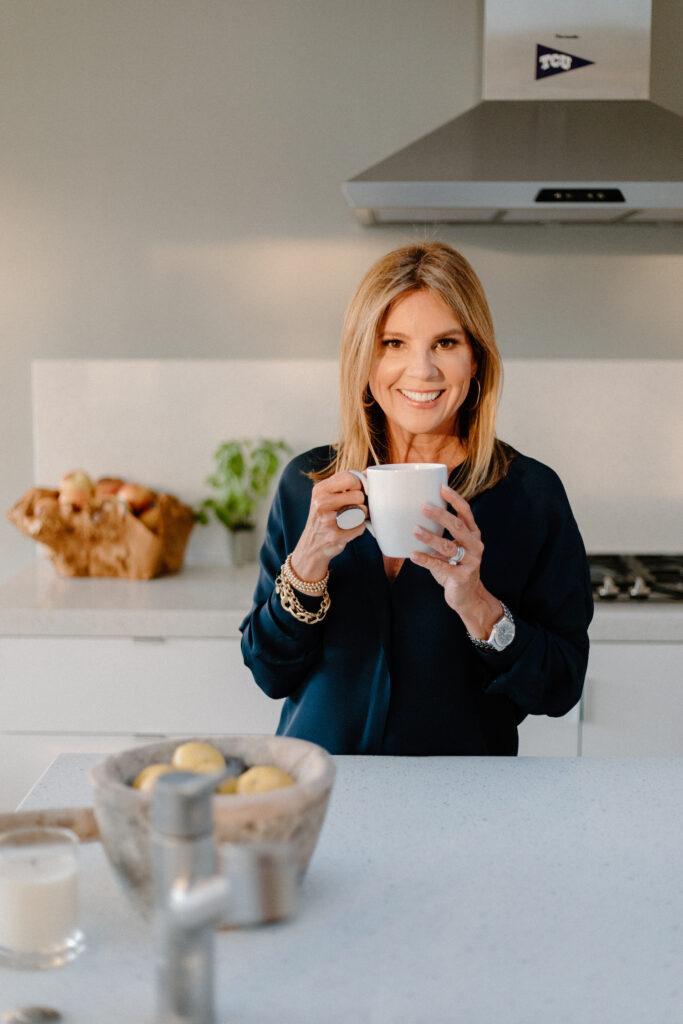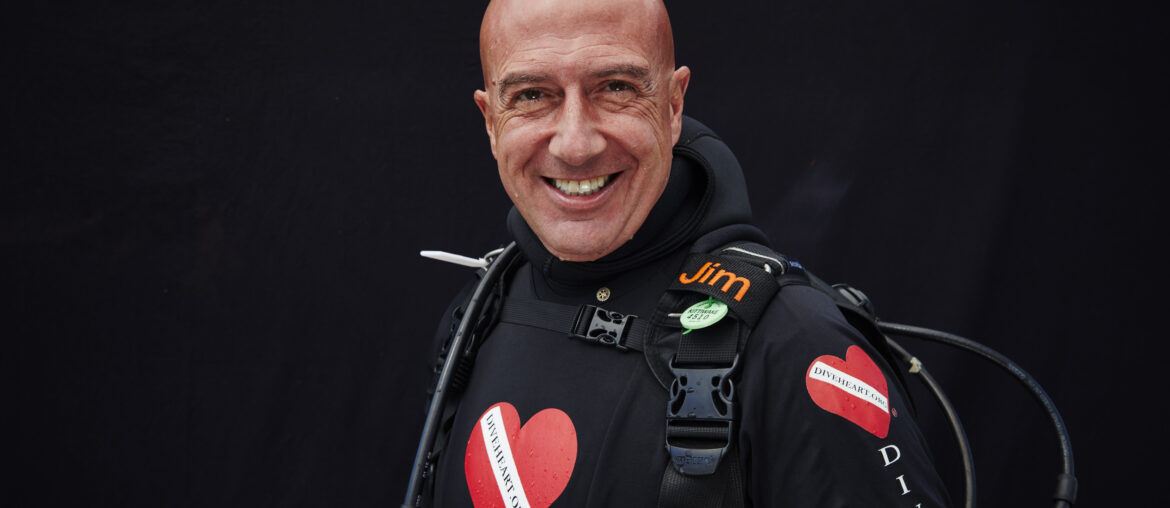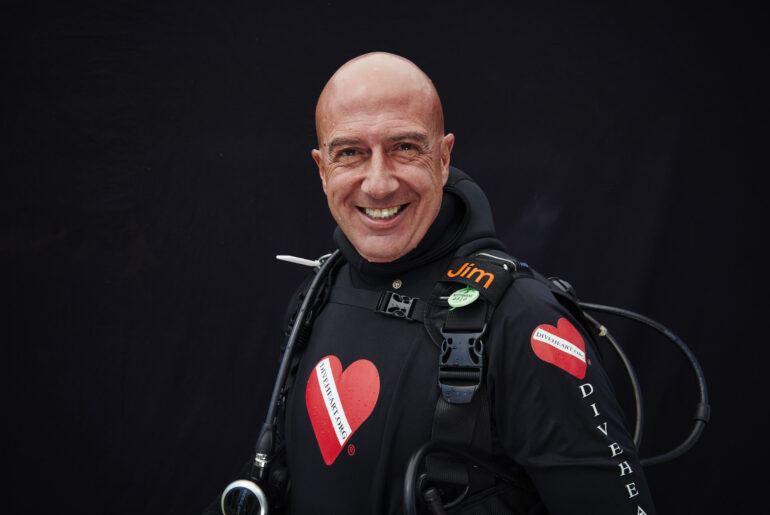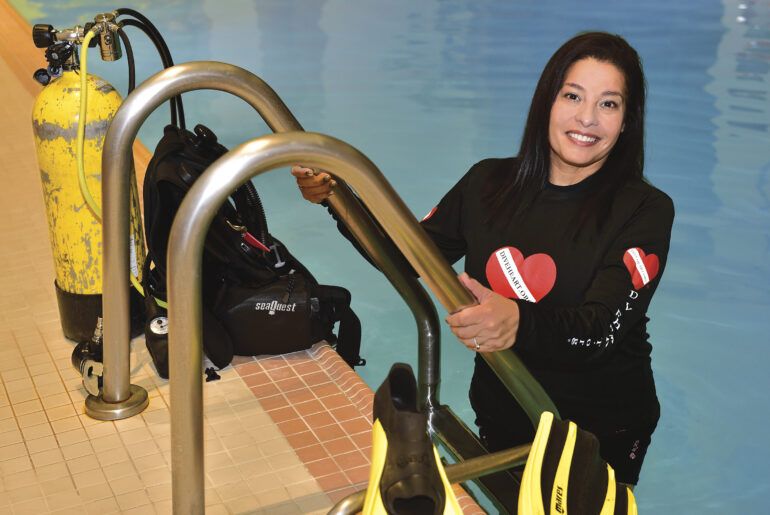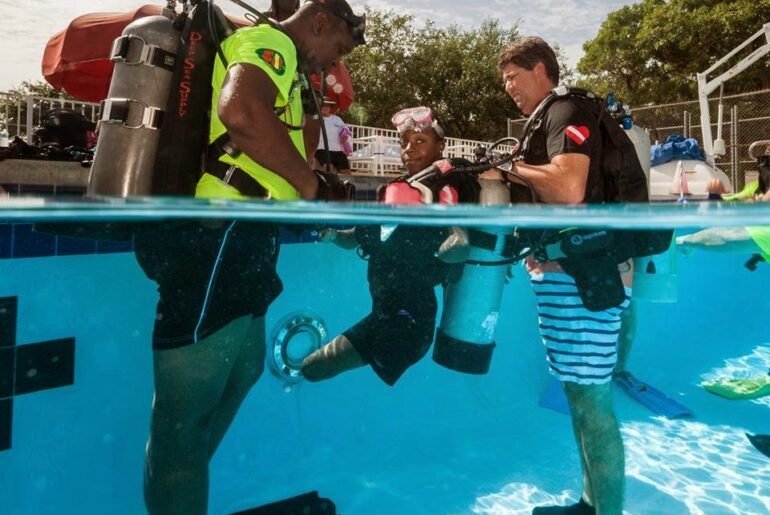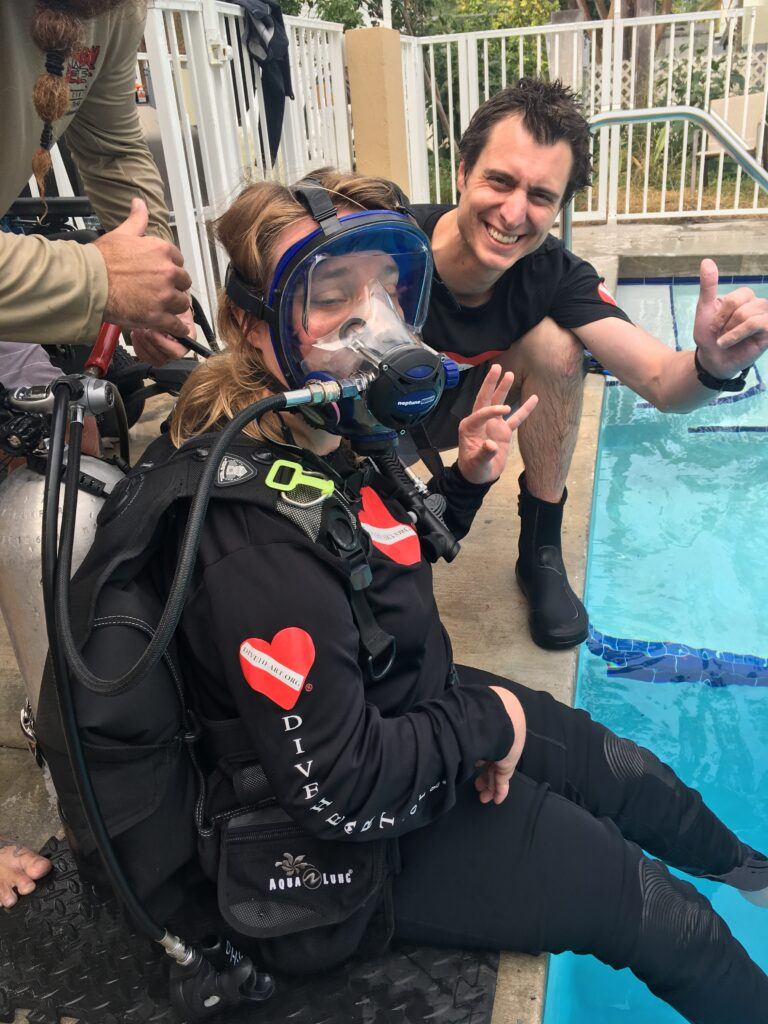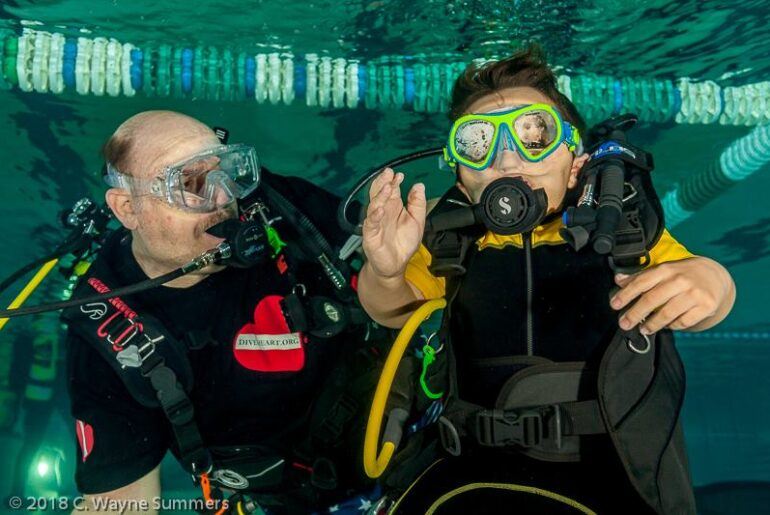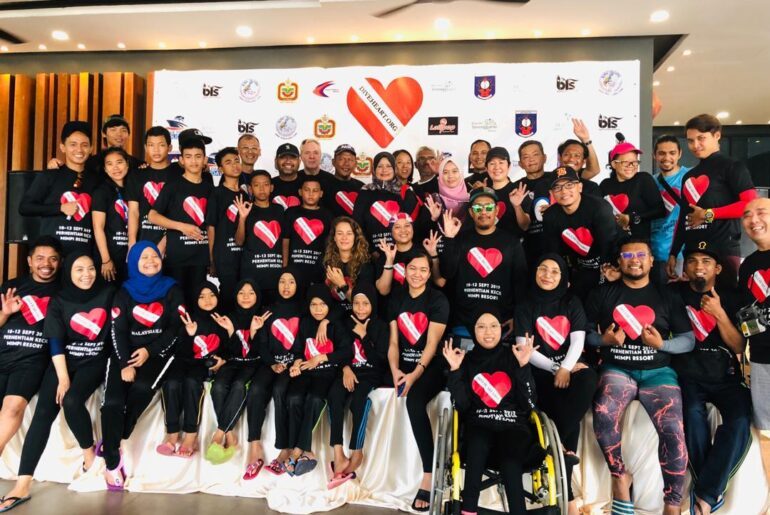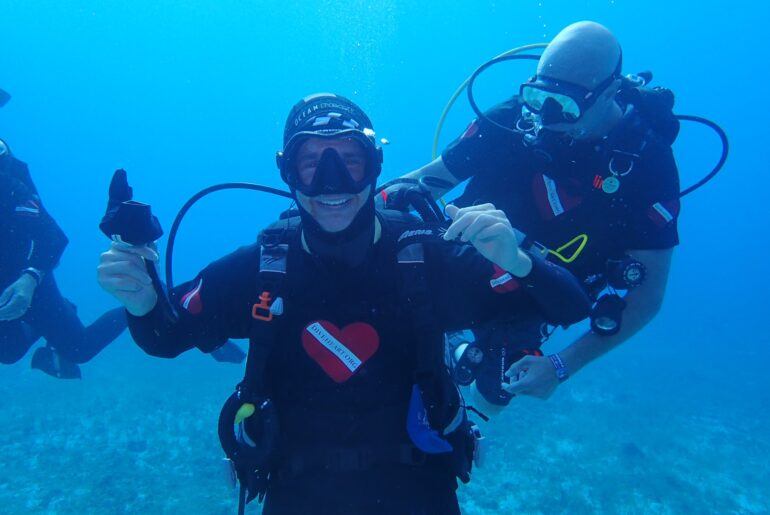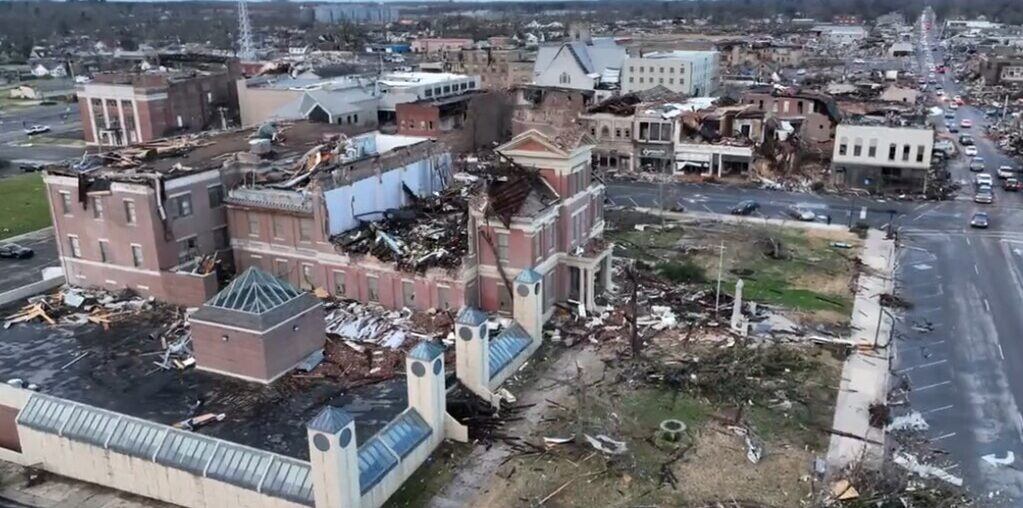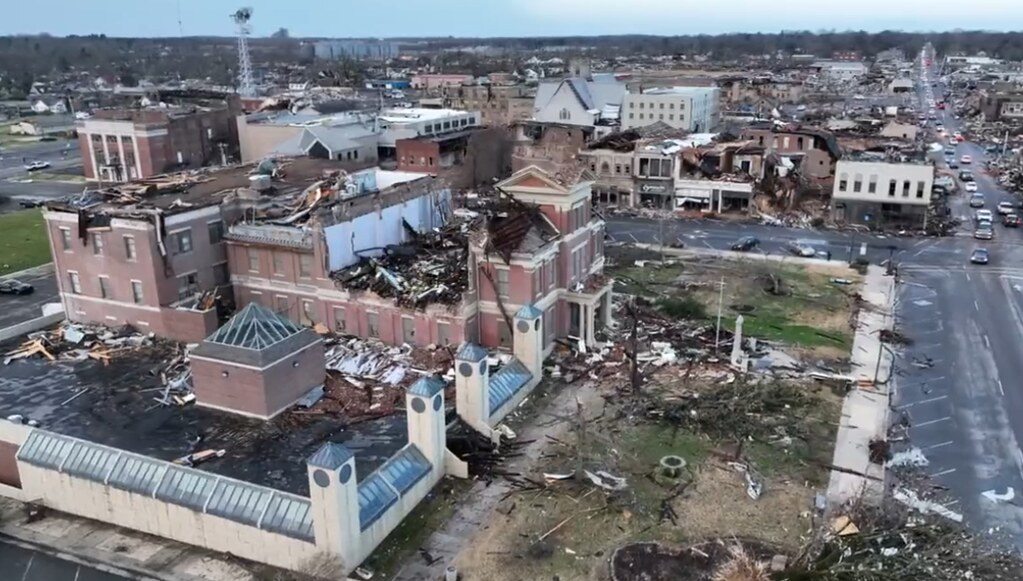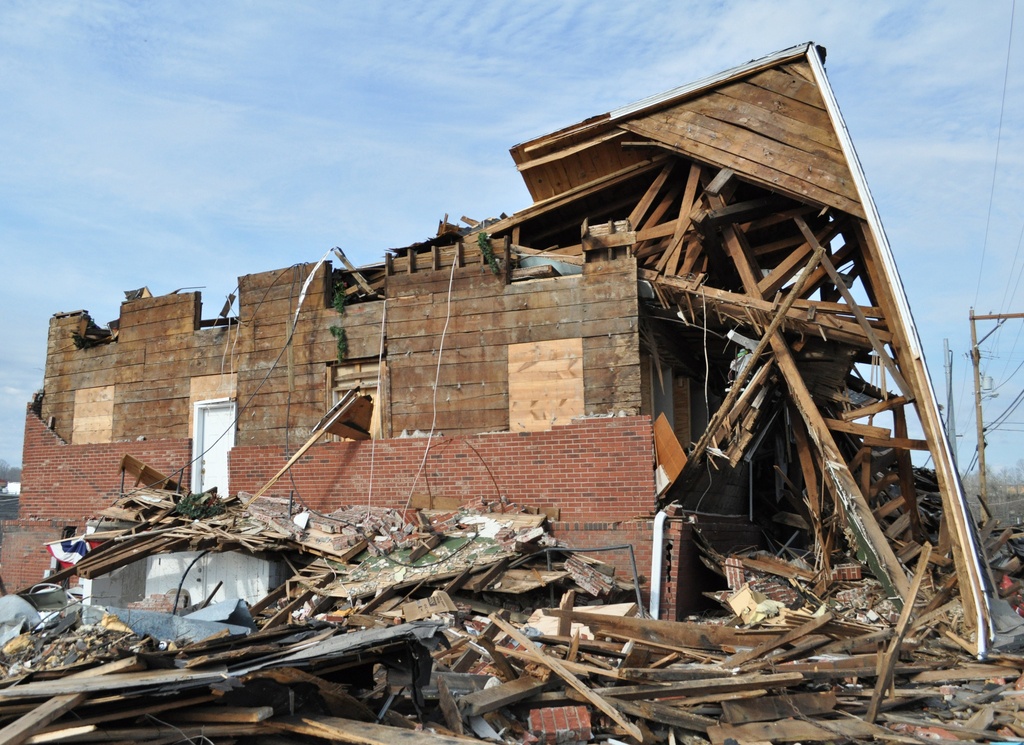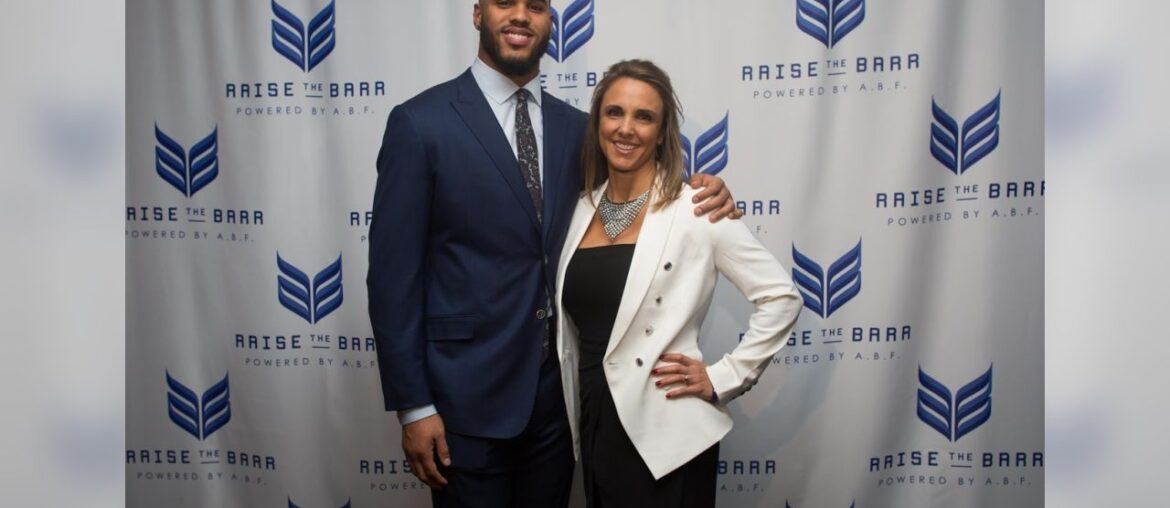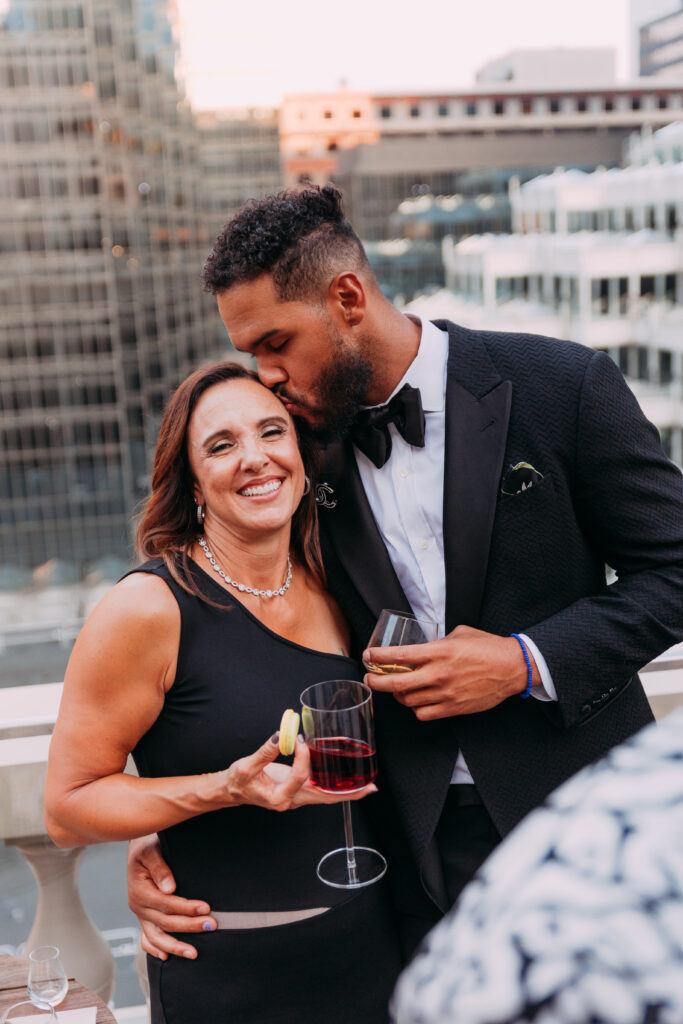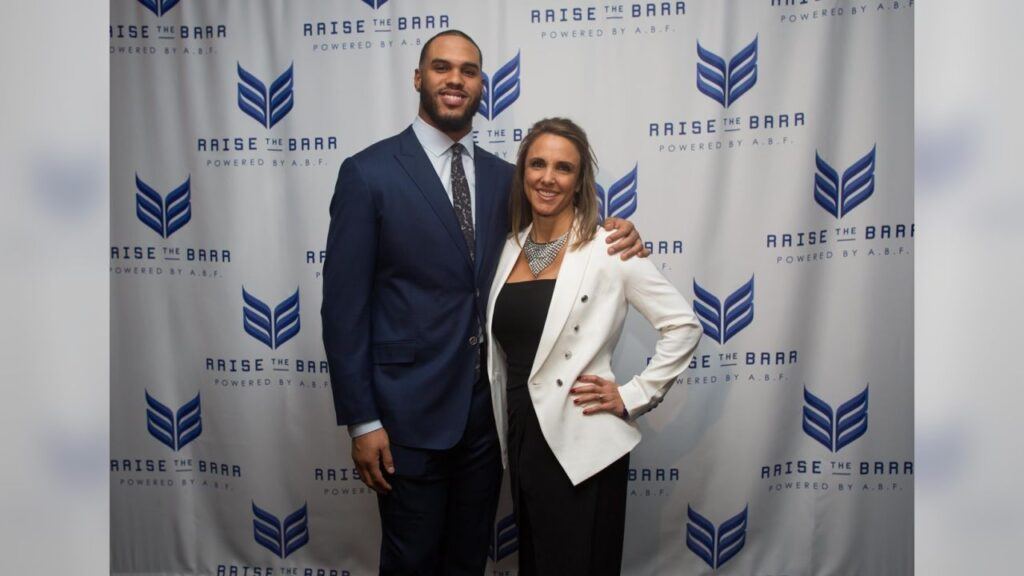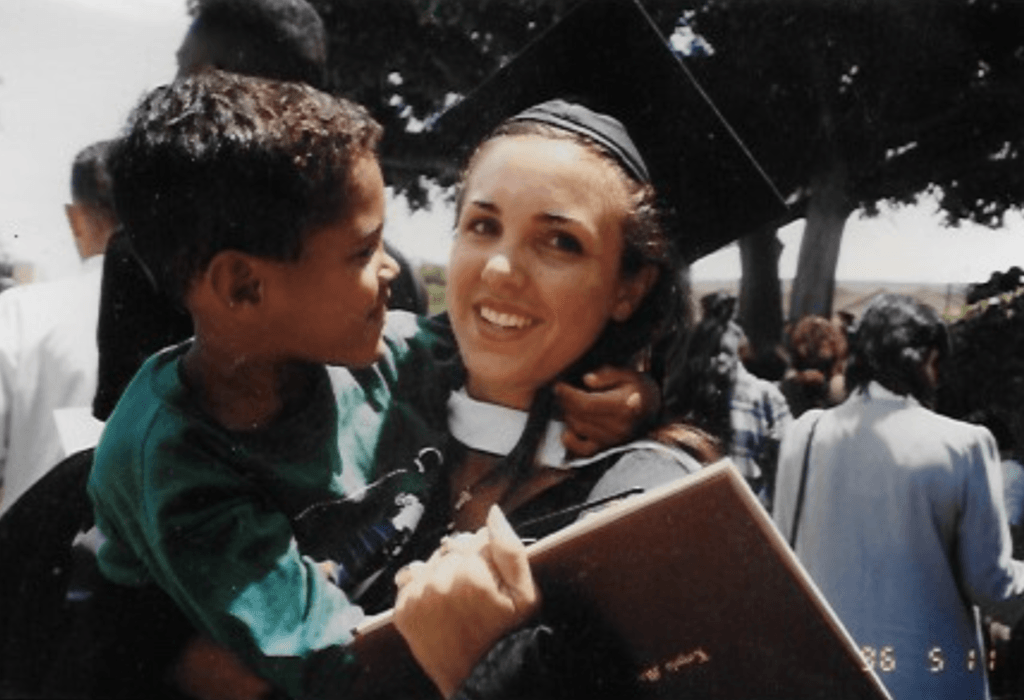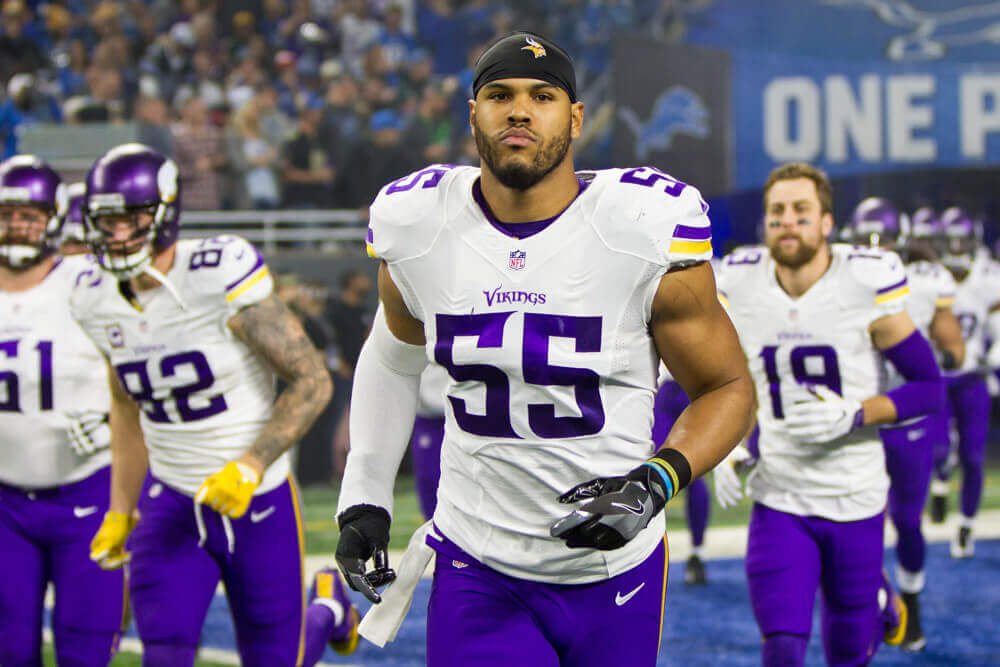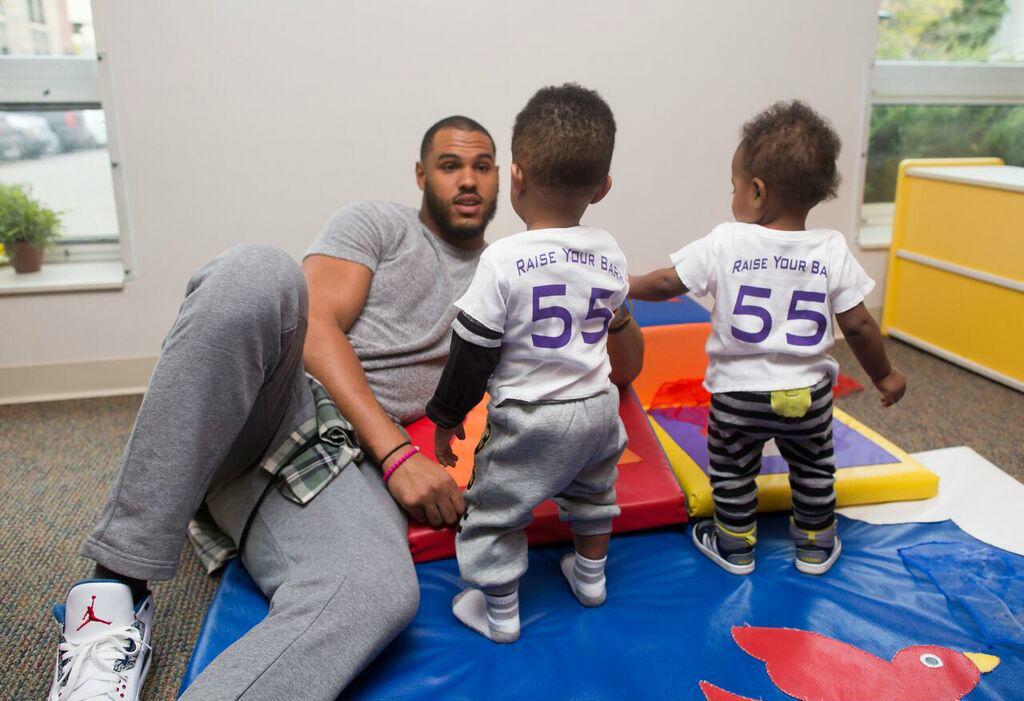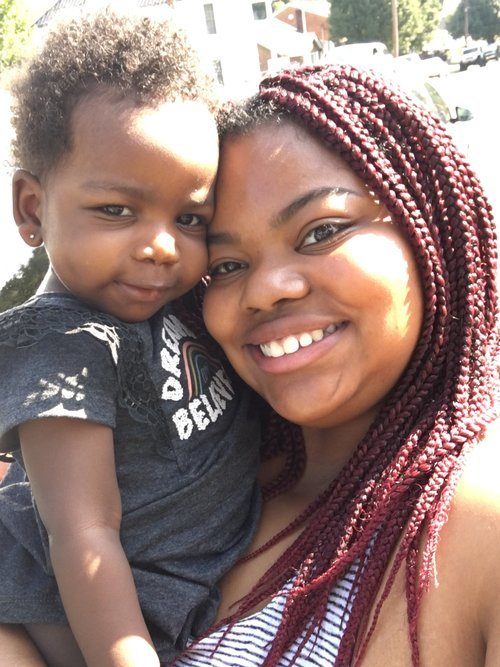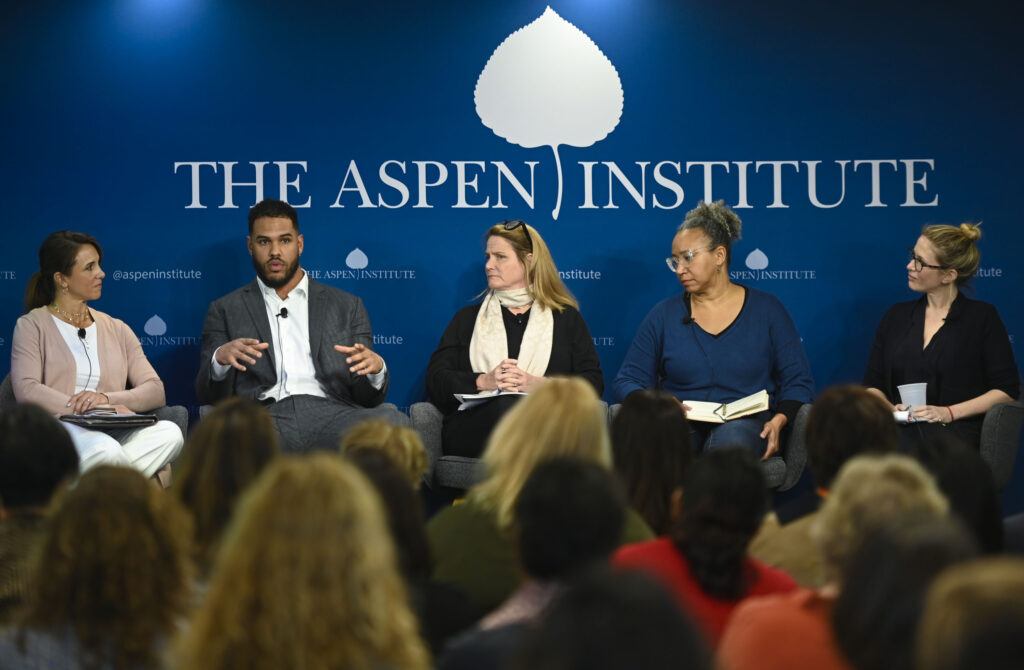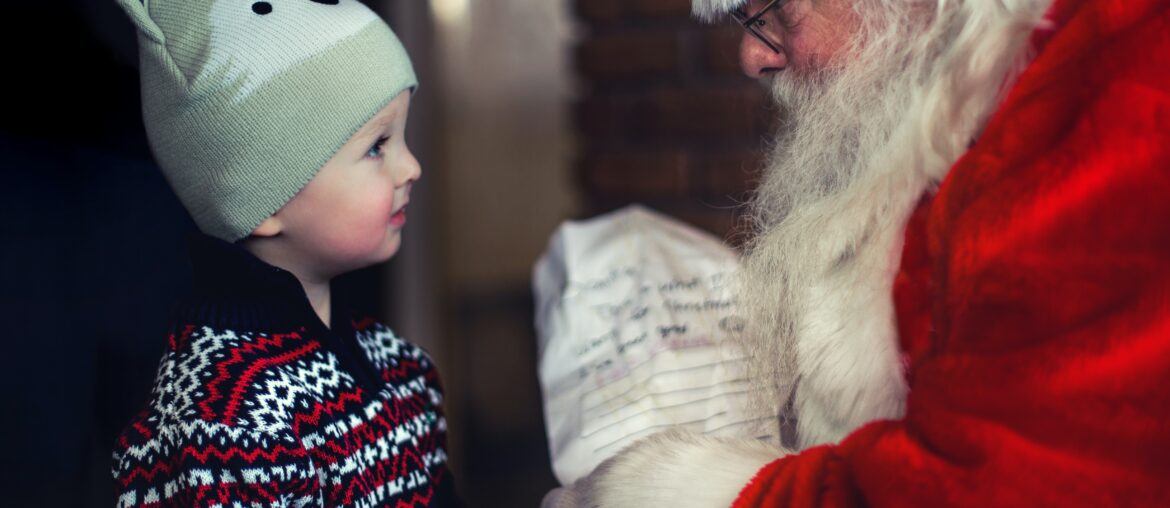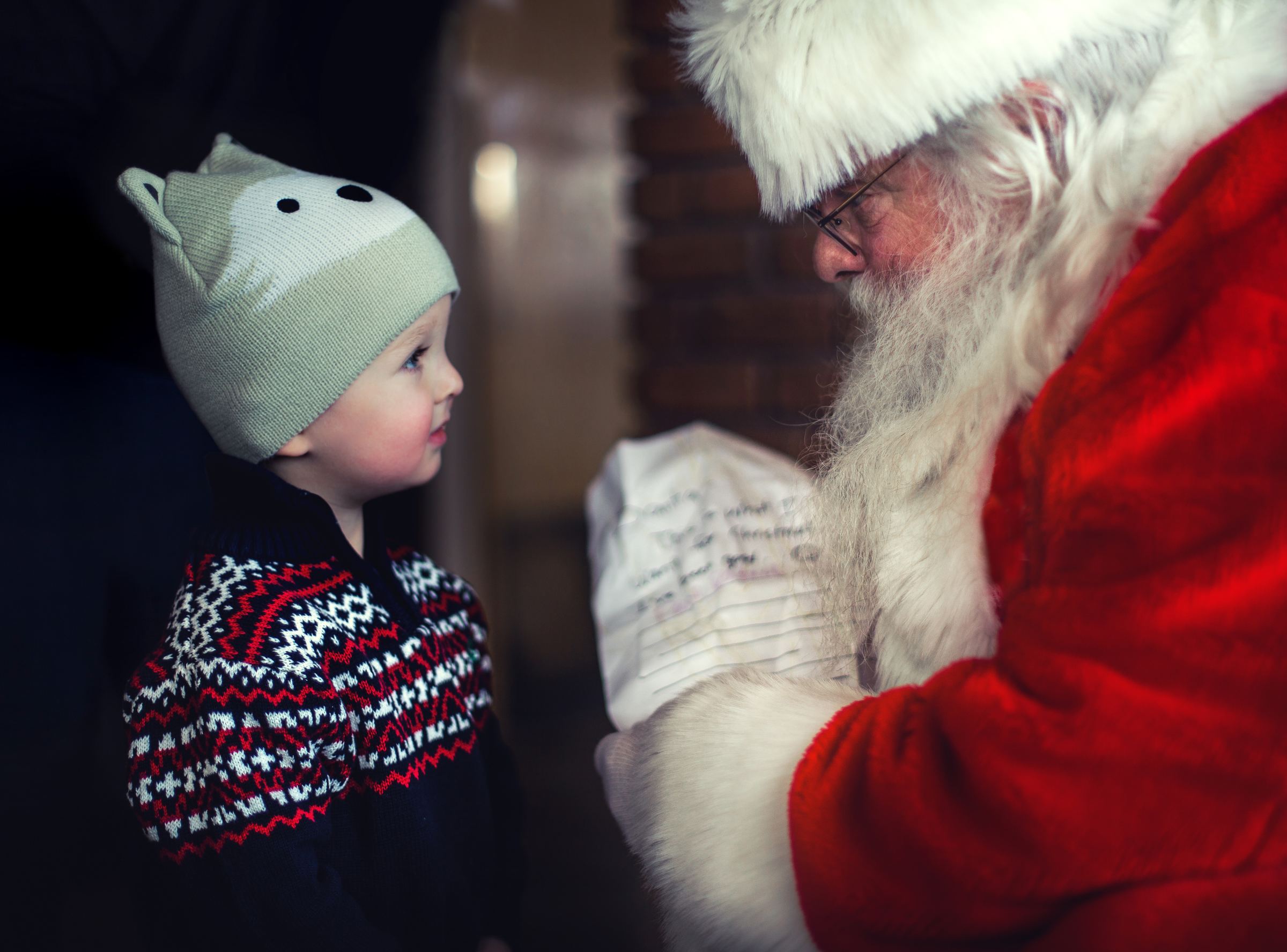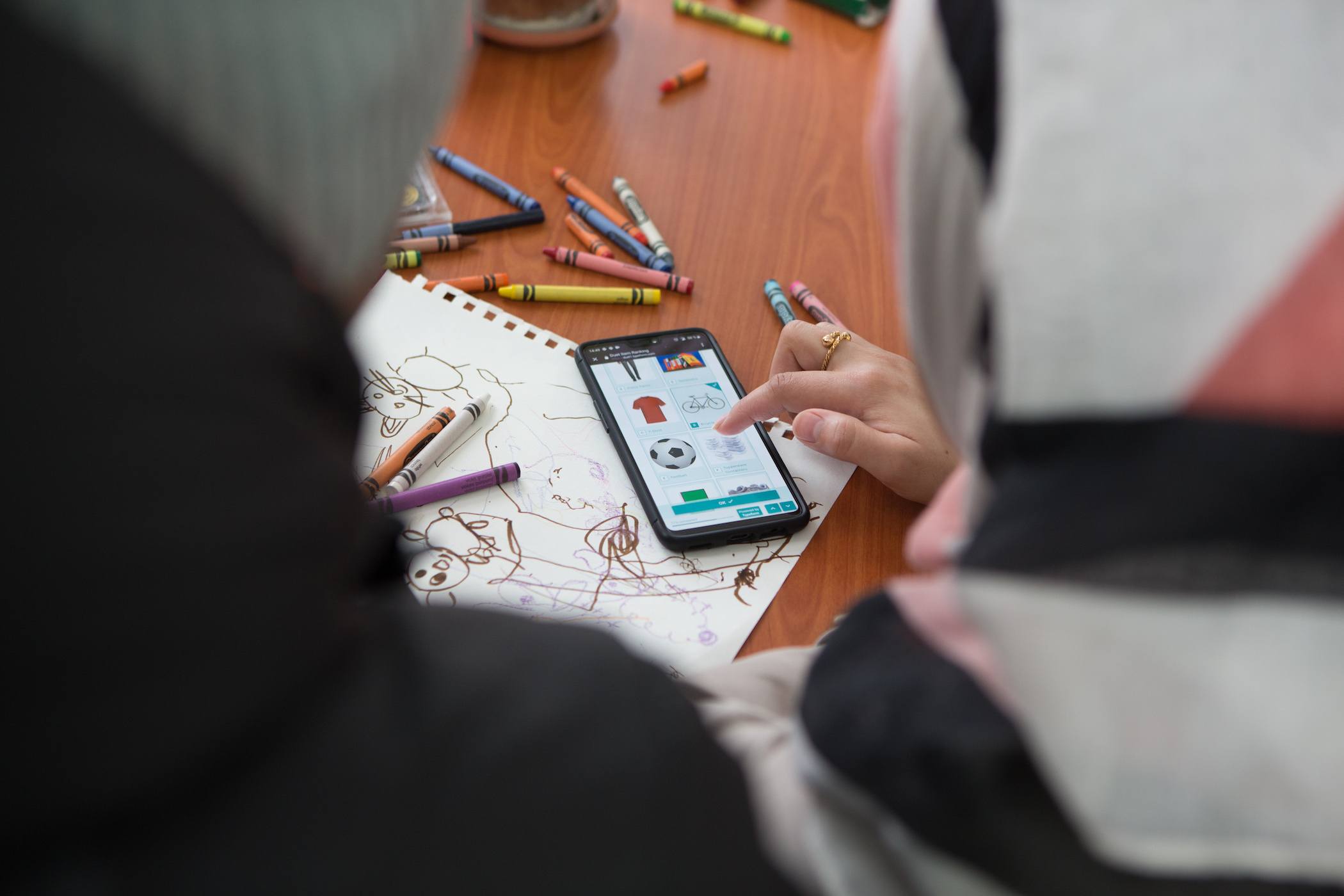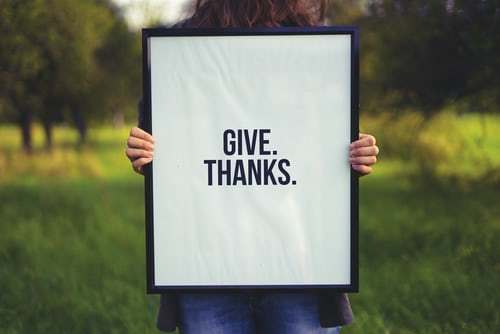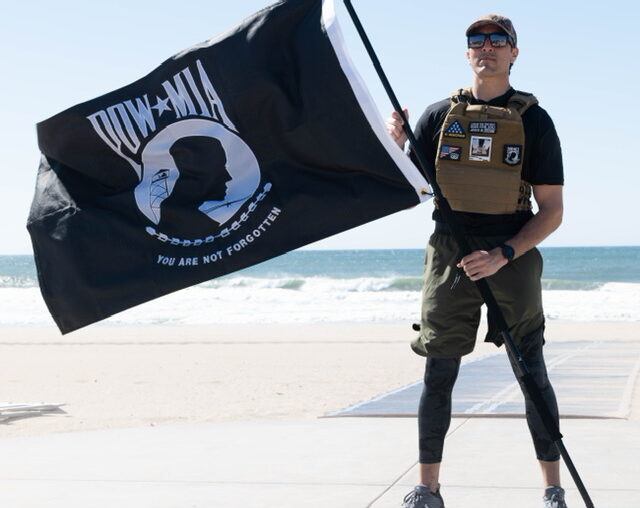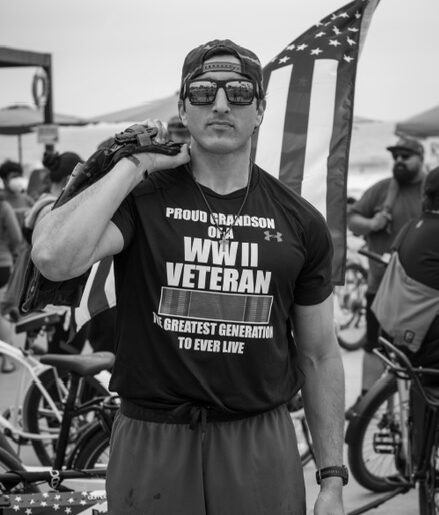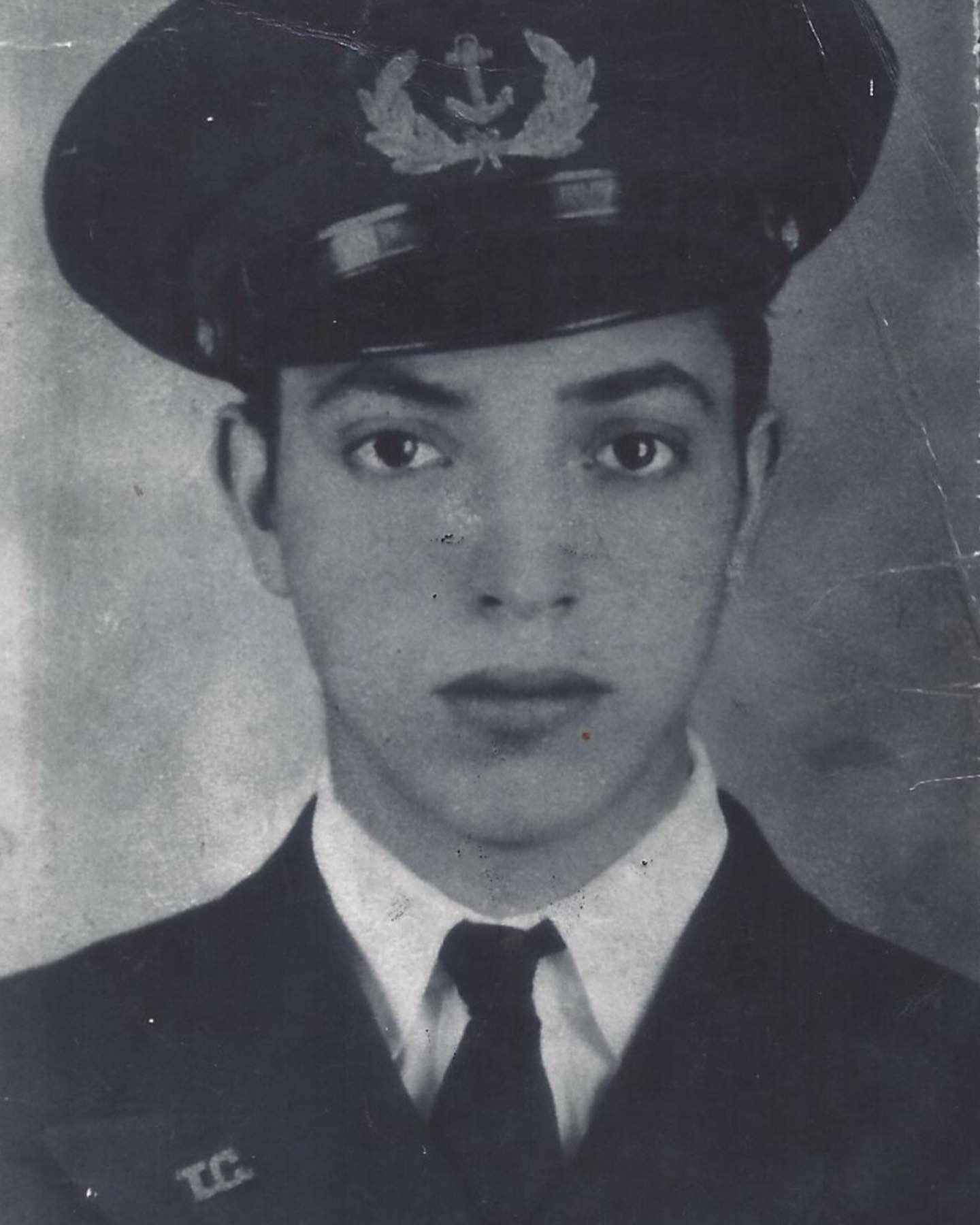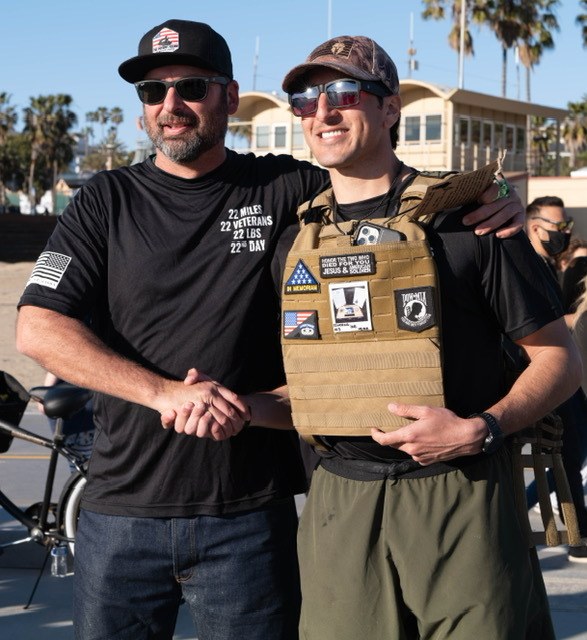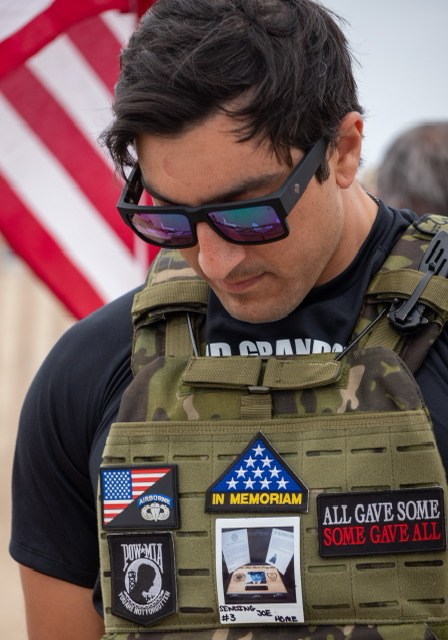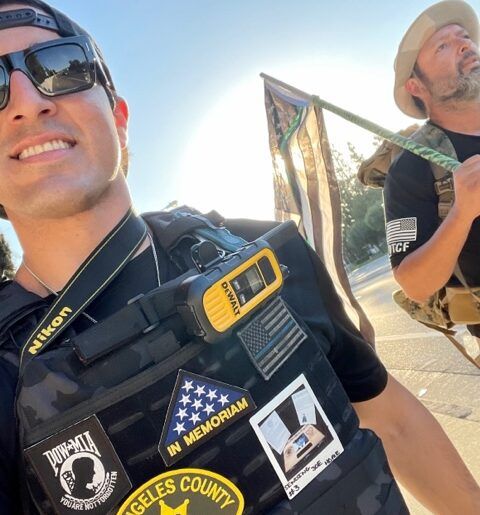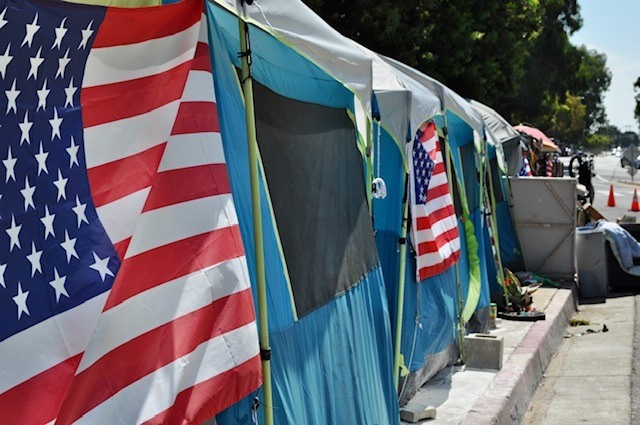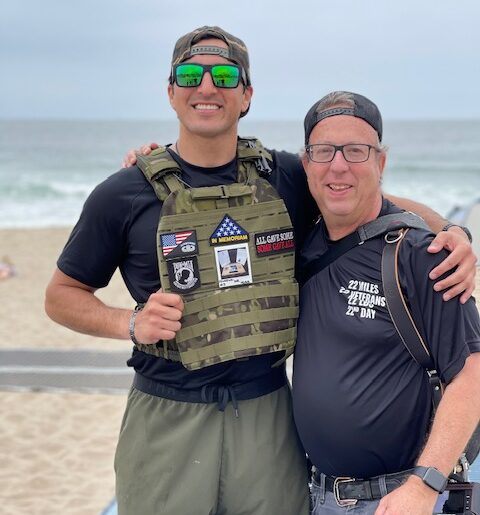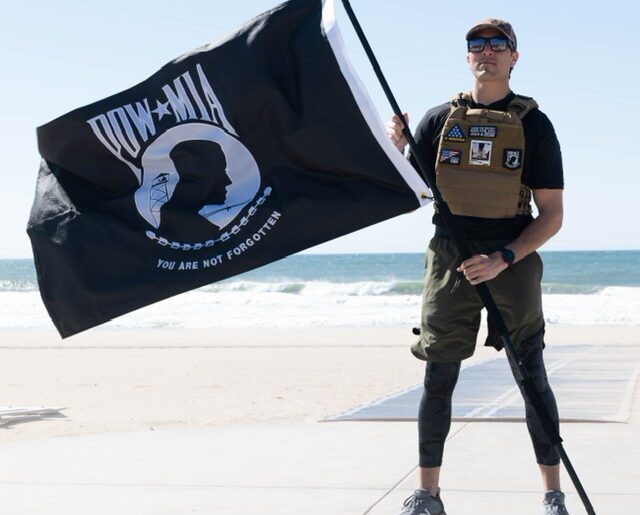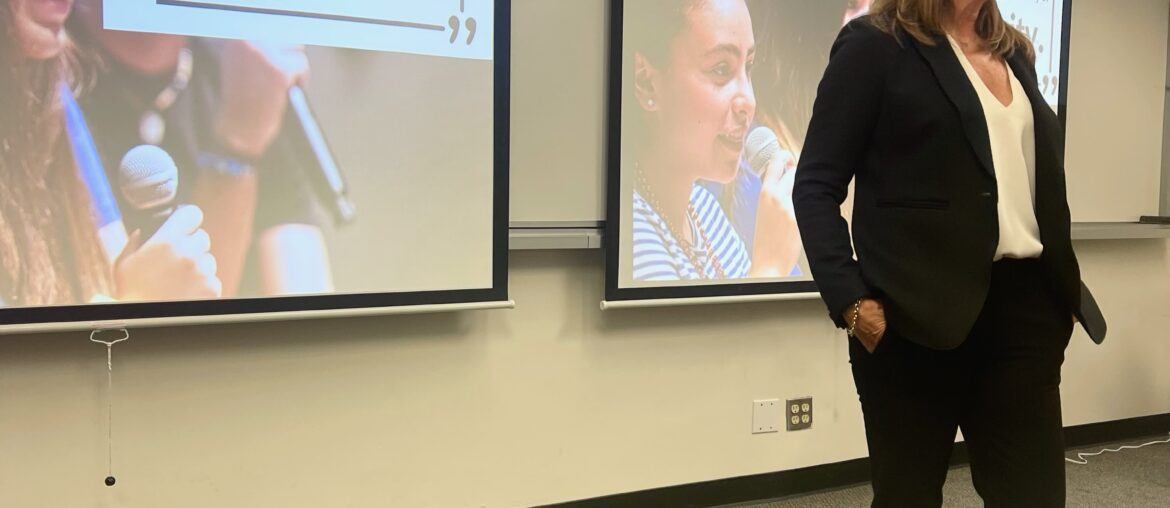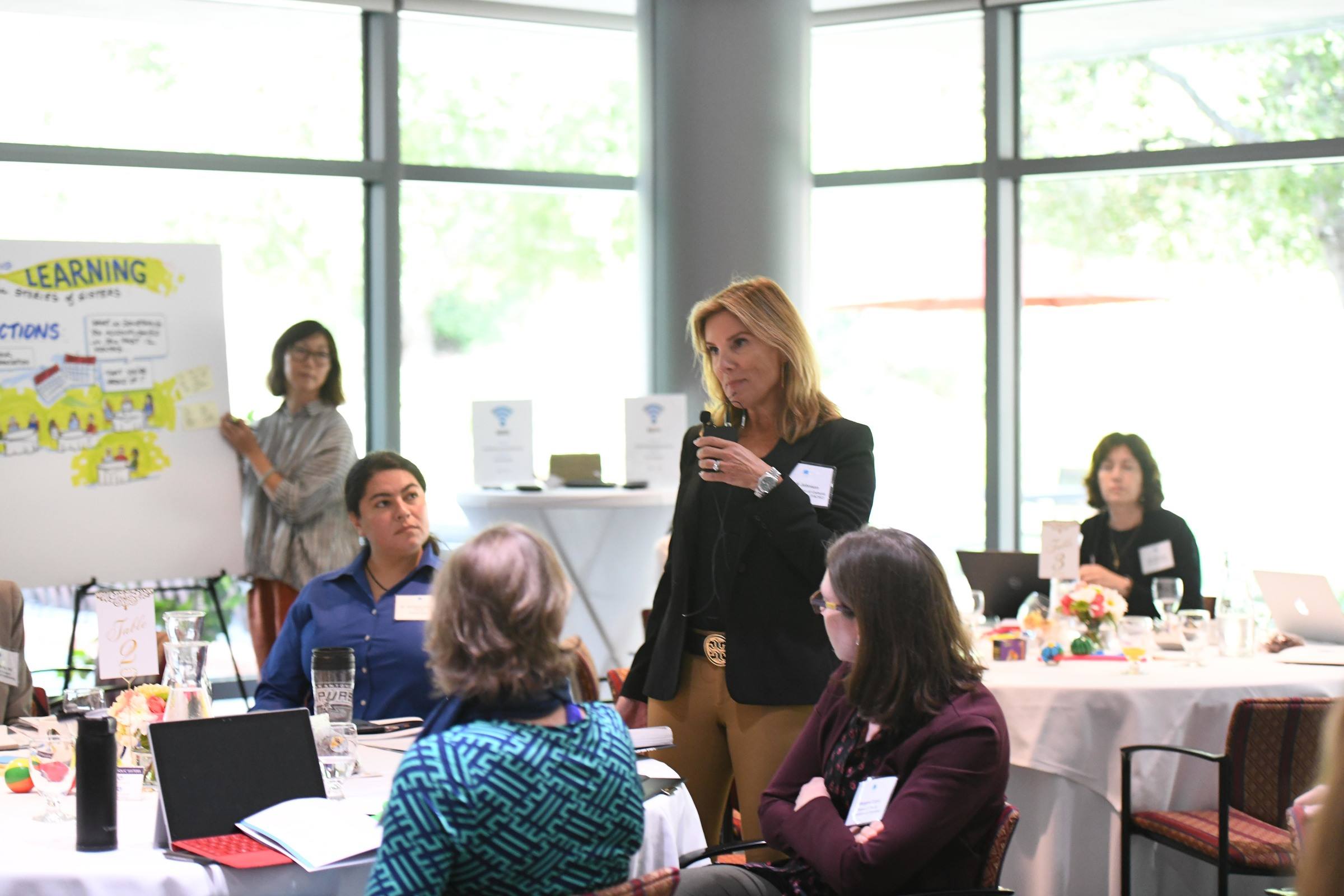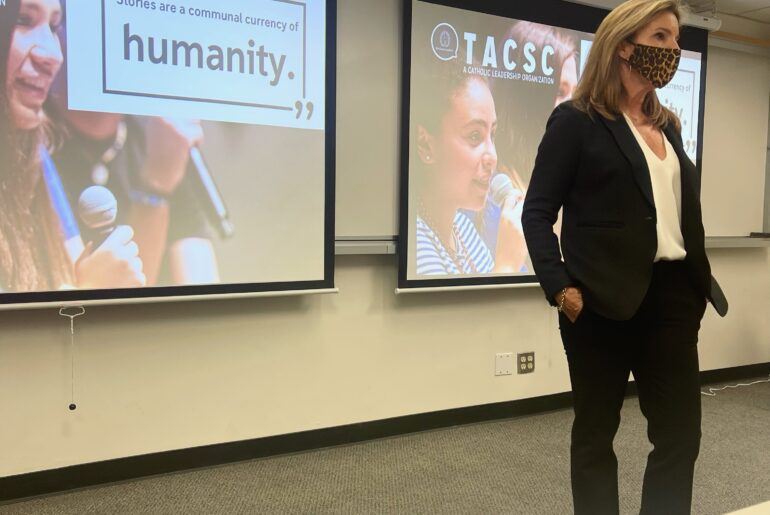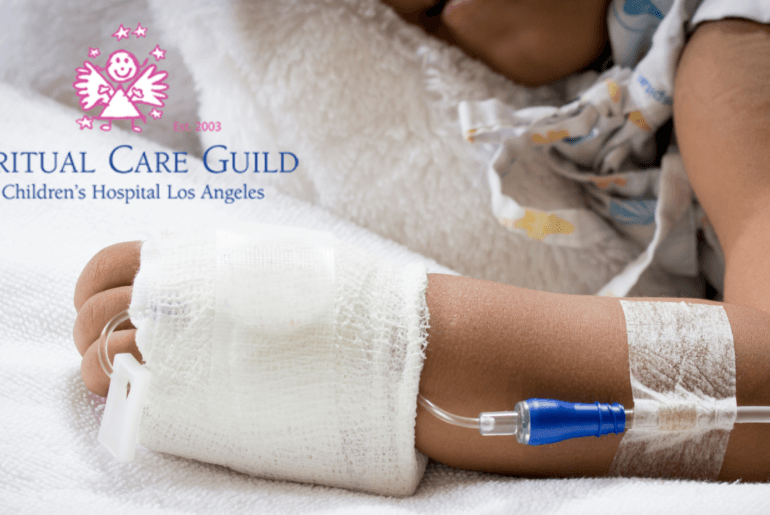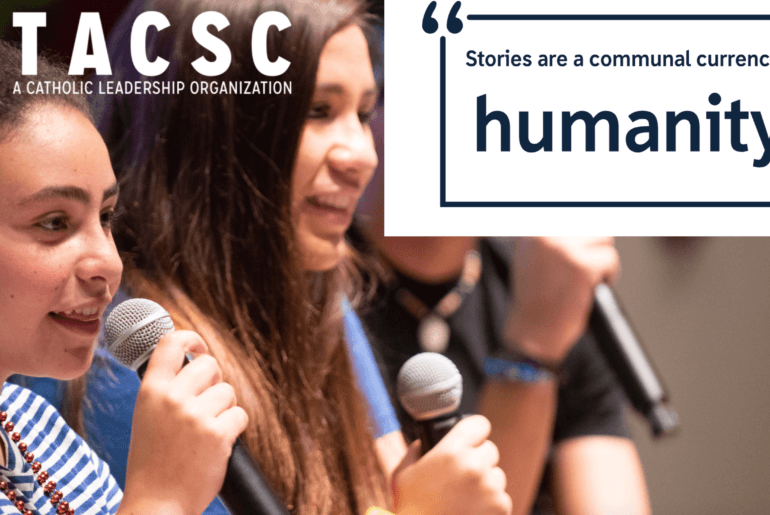Online dating happened well after I was married. Swiping left or right is completely foreign to me. However, when someone suggested I go to Podmatch to look for podcast matches I was intrigued. I am incredibly lucky that our guests always land in my path organically, the old-fashioned way. Curios, I completed my profile to be a podcast guest and to find them. Imagine my surprise when I received the sweetest note from today’s guest, Miriam Cobb the founder of the nonprofit Empty Frames Initiative.
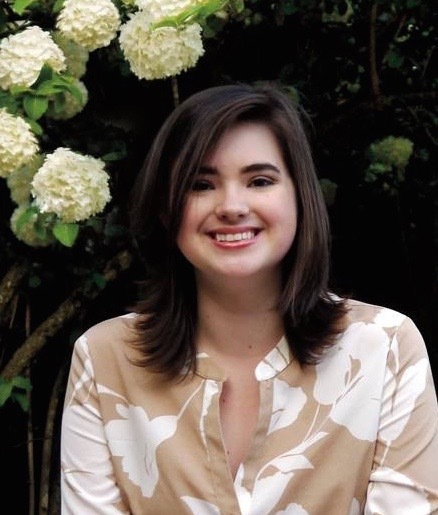
The Empty Frames Initiative is a nonprofit organization whose mission is to empower orphaned and vulnerable youth as they transition out of state foster care by providing community, training in life skills and counseling. Join us today to meet Miriam and learn about the beautiful work she is doing to help our young adults as they age out of the Foster Care System.
Here are a few highlights from our conversation:
Charity Matters: Tell us a little about what The Empty Frame Initiative does?
Miriam Cobb: What we like to do is empower orphaned and vulnerable youth as they transition out of state care. We do this by providing training and life skills, community, and counseling. We’re working with youth who are coming out of the foster care system and that can happen between ages 18 and 21.
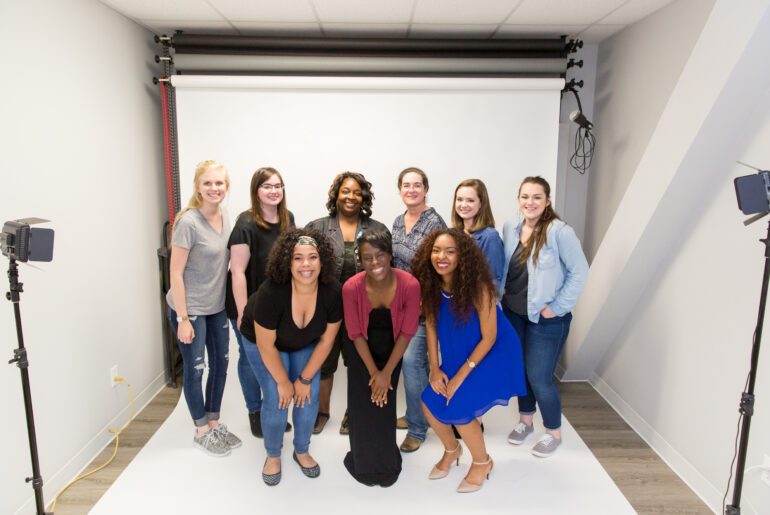
Charity Matters: Tell us about your name?
Miriam Cobb: When I was originally pitching the idea of this nonprofit, I was with a group of entrepreneurs. They asked, “What is something you would really love to do?” I replied that I would really love to photograph adoptions. Many of these orphans don’t have a lot of baby pictures. I wanted to honor their story, and there’s this synonymous idea of your picture being on the wall, meaning that you’re part of someone’s life and family. And it’s important. That was something that was really important to me. After I pitched this idea, the entrepreneurs in the room, decided they only liked the name.
Charity Matters: What was the moment you knew you needed to act and start The Empty Frames Initiative?
Miriam Cobb: After crying. from the entrepreneur’s comments there was this other piece of this that I hadn’t really considered. The more I dug into it, the more this image kept coming back to my mind. I had served with an organization in Eastern Europe. While I was over there, I saw these really old, abandoned Soviet buildings that are just completely empty in the middle of nowhere, not being used.
I thought that seemed so strange because organizations could use the space. The person I was with said, “No, it’s just abandoned.” I asked, “Well, are they gonna at least tear it down?” It like stuck with me for some reason. There was this merging of ideas of these places that people saw no value in? That these children were these big, empty frames that could be filled with purpose.
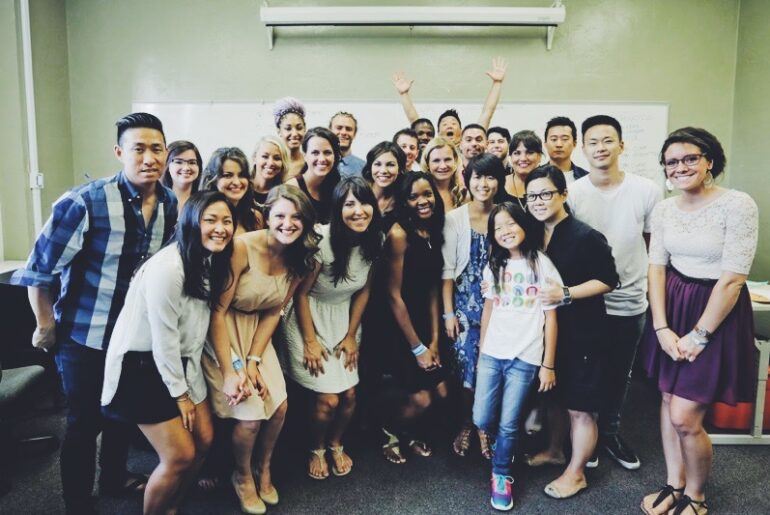
Charity Matters: What are your biggest challenges?
Miriam Cobb: There are challenges. And it mirrors life. There’s an up and down cycle for each nonprofit and you have those really great moments, then you have those moments that just feel like it’s a down cycle. Some of the challenges that I feel personally that have been kind of hard is learning how to really equip volunteers and provide them with meaningful roles.
It’s an entrepreneurial venture and this life isn’t for everyone. When you pitch what you’re doing, there are so many wonderful and well-meaning people who want to be involved. And I need people on the board. I think perhaps my age was the negative factor was trying to figure out how to really equip volunteers. Really learning how to manage volunteer roles and make it something that’s worthwhile to them. Because this is something that should be a beneficial experience that builds on your life too.
Charity Matters: What fuels you to keep doing this work?
Miriam Cobb: Personally, my faith does play a major role in this. It does. It’s absolutely what I’m called to do as a person. To walk away from it is to walk away from something that I’ve been shown on purpose. Trials and setbacks are challenging, but there’s this really wonderful motivation knowing that this is what you’re called to do. That’s how I feel about it. I’ve been really, really fortunate to have a family that supports me while I do this work that helps me with that load you’re talking about. I wouldn’t have been able to do it without my family’s support and my community’s support. Ultimately, the answer to that question really is, God. That’s what I feel I feel completely called. This is what I meant to do.
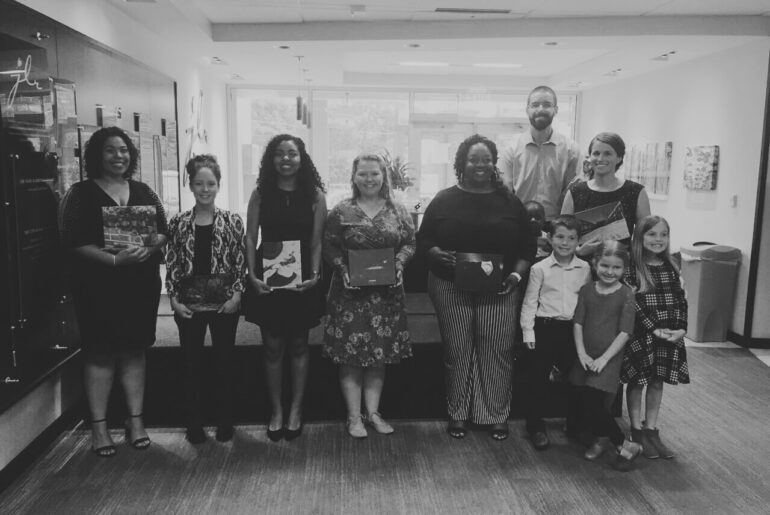
Charity Matters: If you could dream any dream for your organization, what would that be?
Miriam Cobb: The big dream is taking our program throughout the US and then internationally. Equipping communities to have multiple sites that are serving these youth. I think if more people knew about what would happen when these young adults aged out, we would have more people stepping into the role beforehand to be parents, mentors, and give a sense of community.
Charity Matters: What life lessons have you learned from this experience?
Miriam Cobb: Life comes in seasons. As much as we’d like to kind of bypass some, they all build on each other. Each one gets us to the right place.
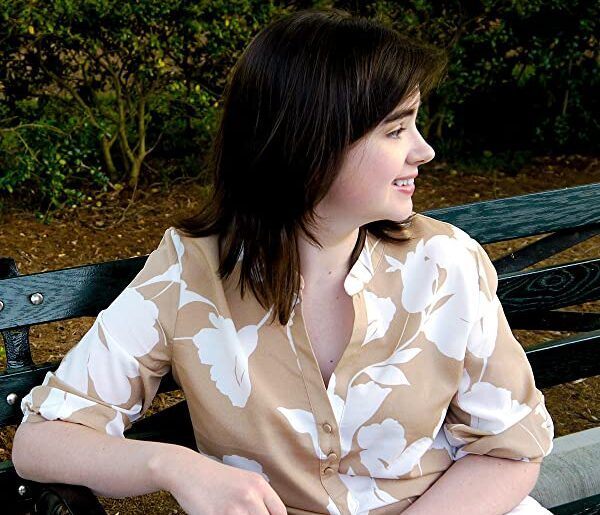
Charity Matters: How has this journey changed you?
Miriam Cobb: There are things that it hasn’t changed. It has not changed my personality. I’m not a really extroverted person but I’m not scared to talk to people. I’m not shy, I’m quiet. There’s a difference. So I’ve been talking to more people and it has stretched me in ways that I wasn’t really expecting.
Building on that same thought from before about the seasons, I had some really specific plans for my life. I was like, this is gonna work just like this and then it didn’t. Working towards something that I feel passionate about really changes the way that those things happen. You know, it’s like what it felt like to be complete. Derailment gets put into a different perspective of walking in your purpose.
CHARITY MATTERS.
New episodes are released every Wednesday! If you enjoyed today’s episode, please connect with us:
- www.Charity-Matters.com
- On IG @Charitymatters
- Post a screenshot & key takeaway on your IG story and tag me @heidijohnsonoffical and @Charitymatters so we can repost you.
- Leave a positive review on Apple Podcasts
- Subscribe to new episodes each week!
YOUR REFERRAL IS THE GREATEST COMPLIMENT, IF YOU ARE SO MOVED OR INSPIRED, WE WOULD LOVE YOU TO SHARE AND INSPIRE ANOTHER.
Copyright © 2022 Charity Matters. This article may not be reproduced without explicit written permission; if you are not reading this in your newsreader, the site you are viewing is illegally infringing our copyright. We would be grateful if you contact us.

